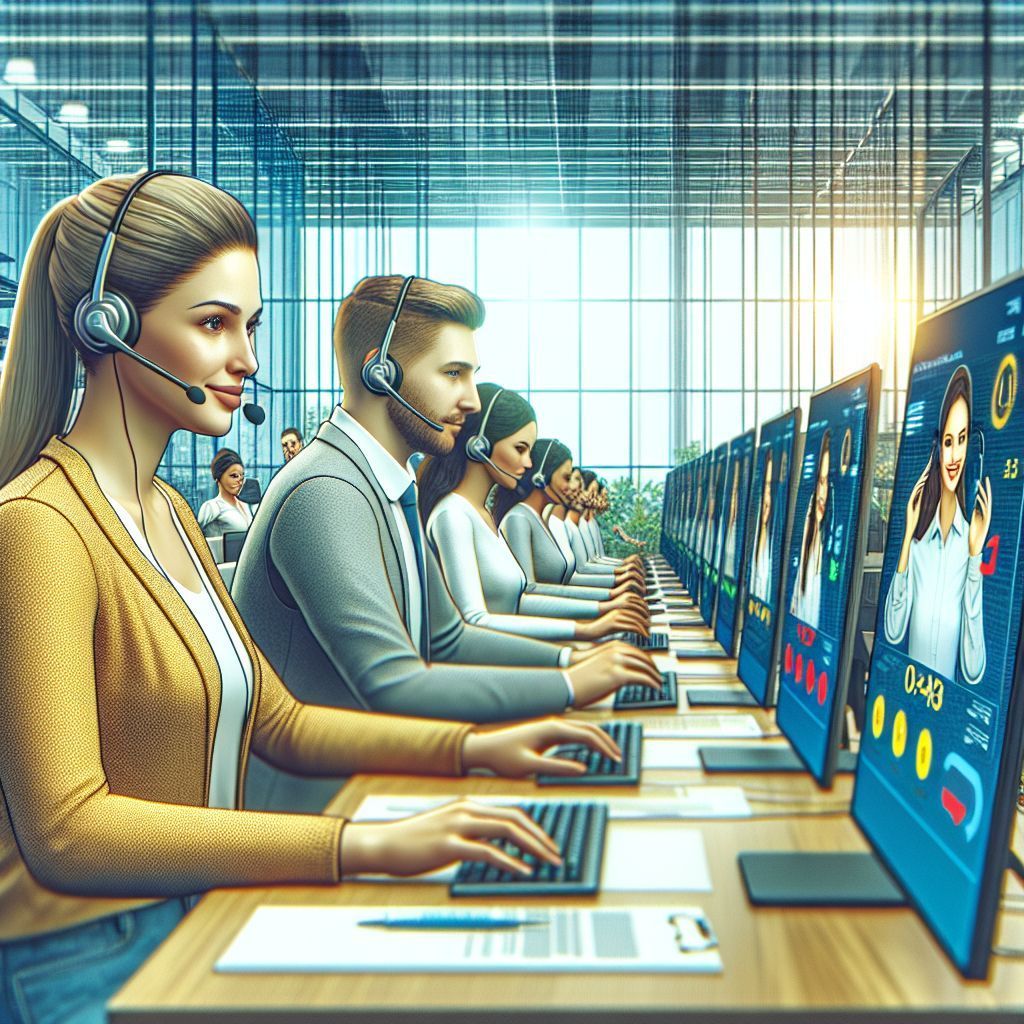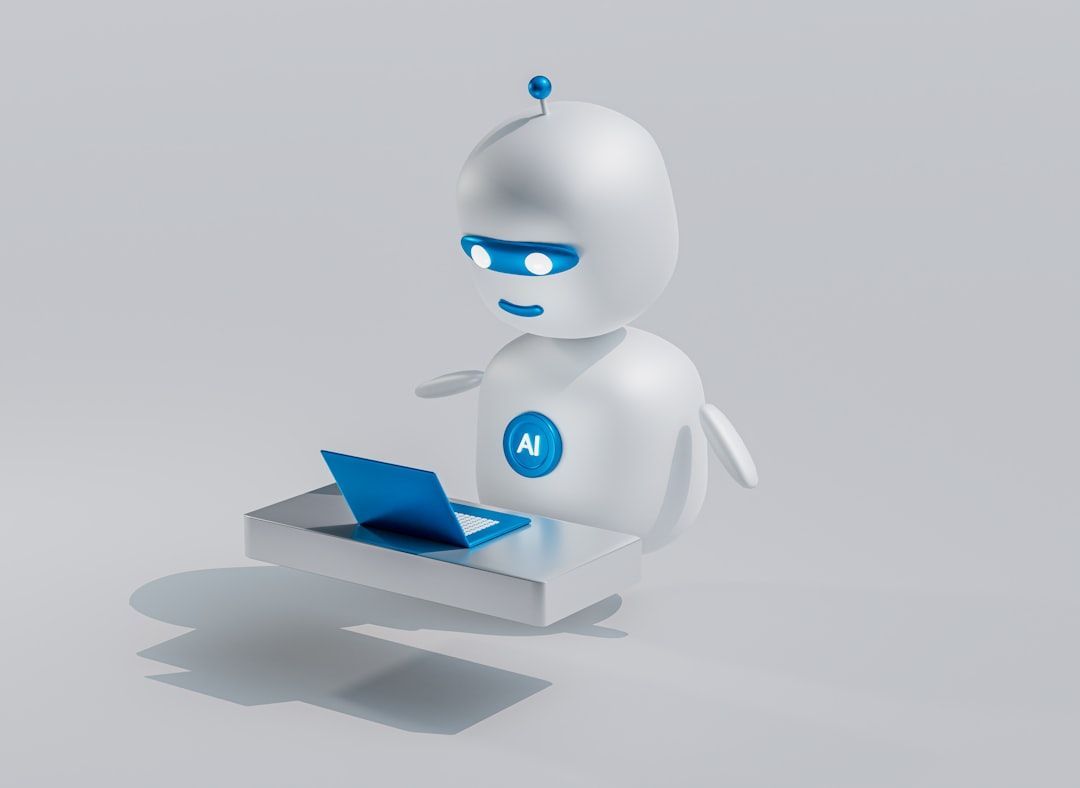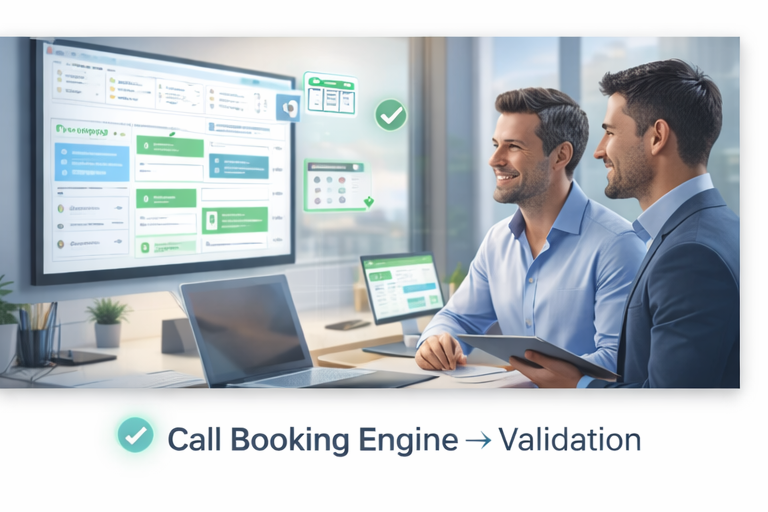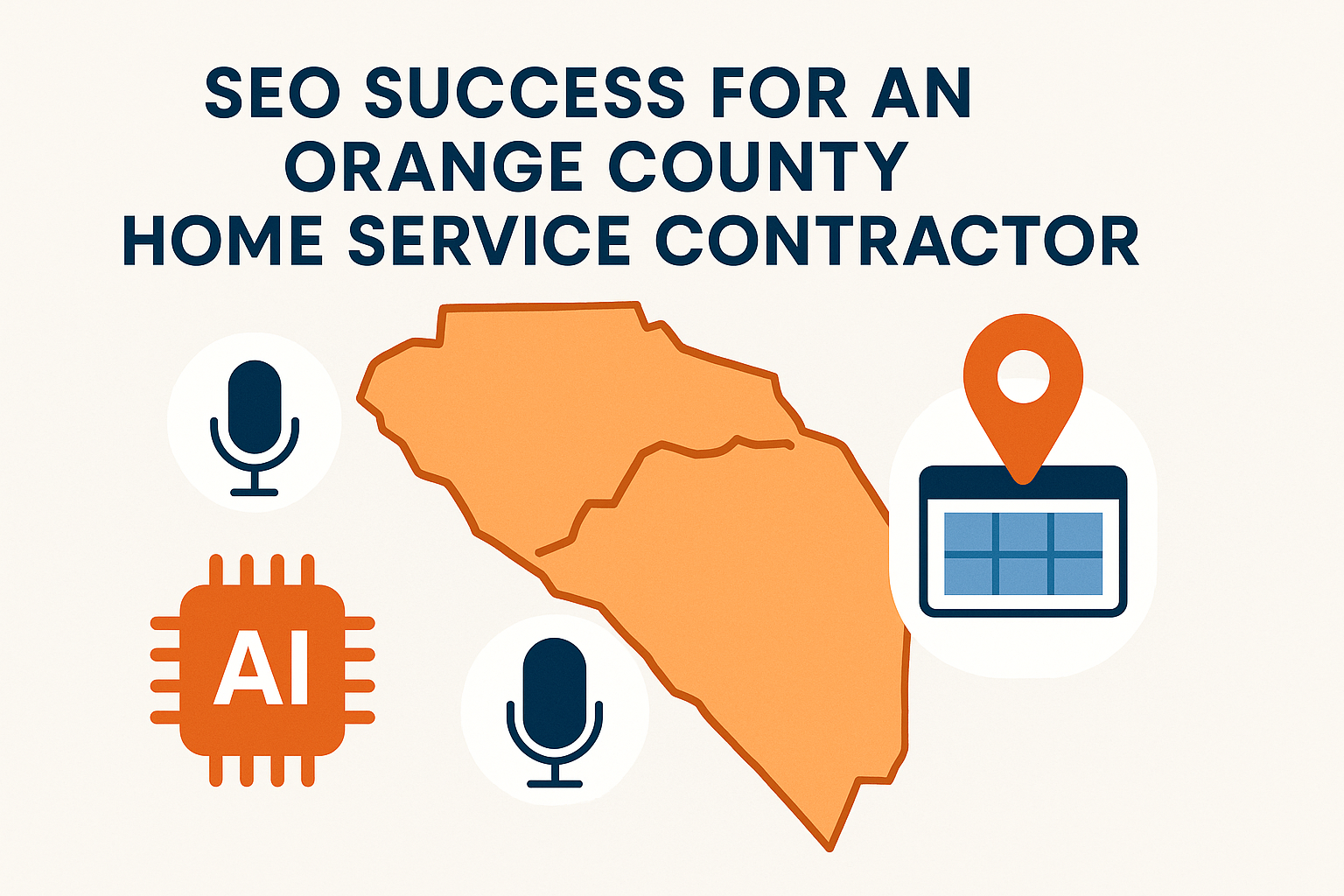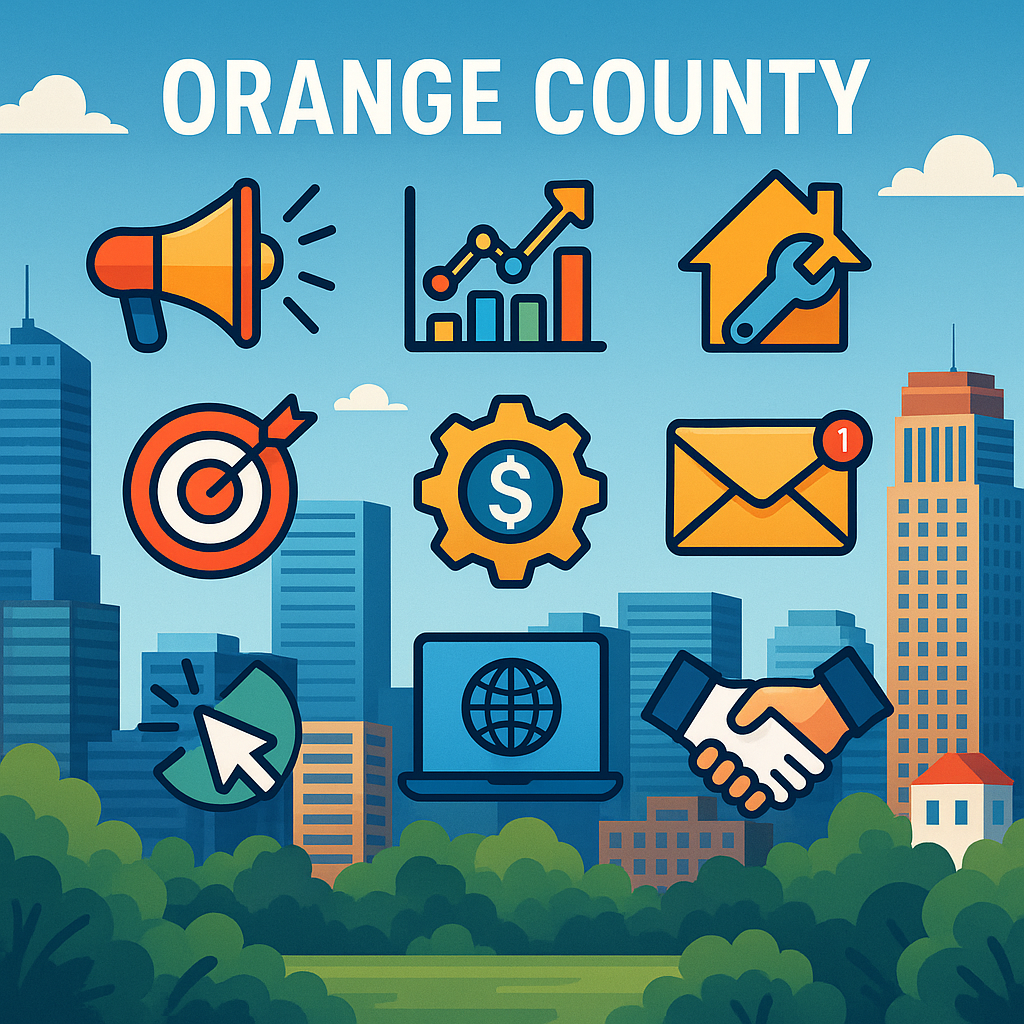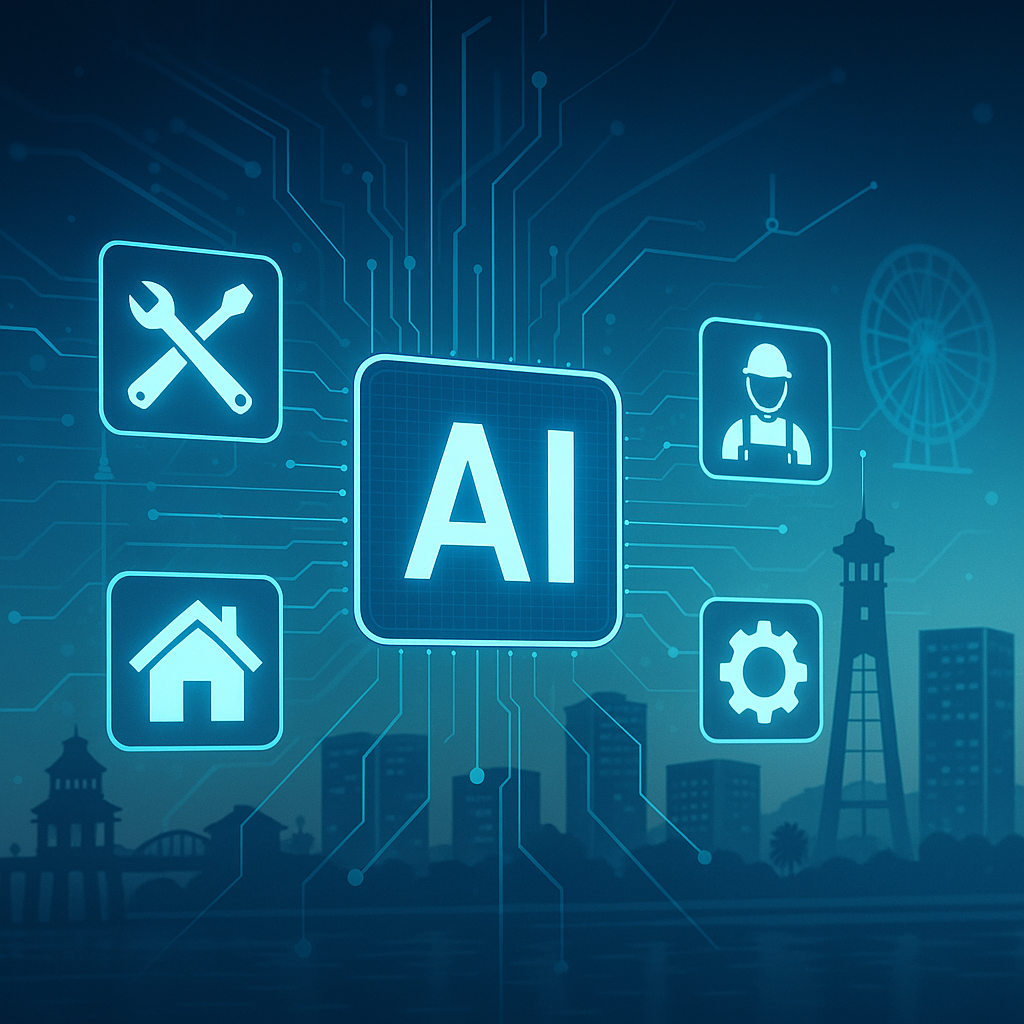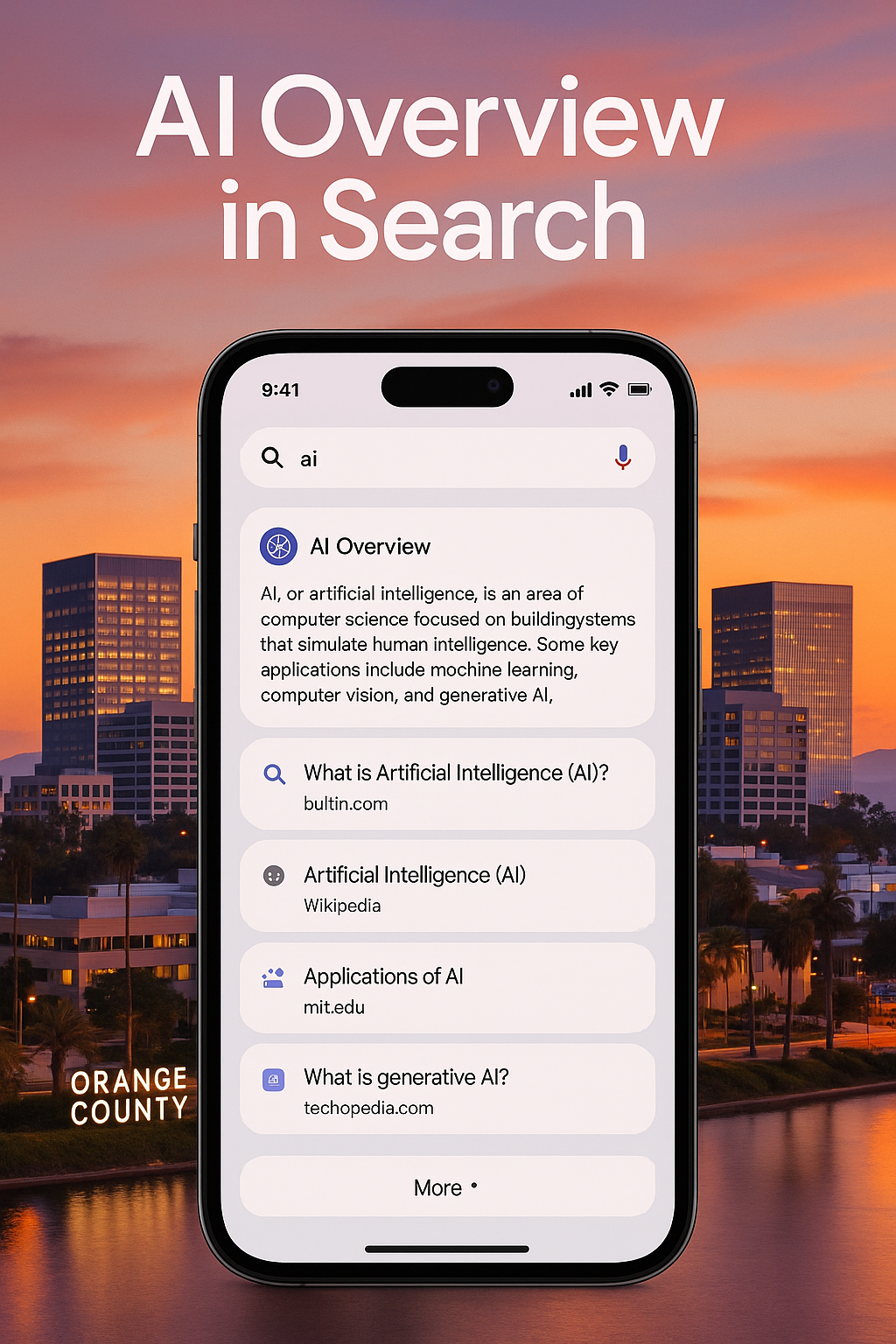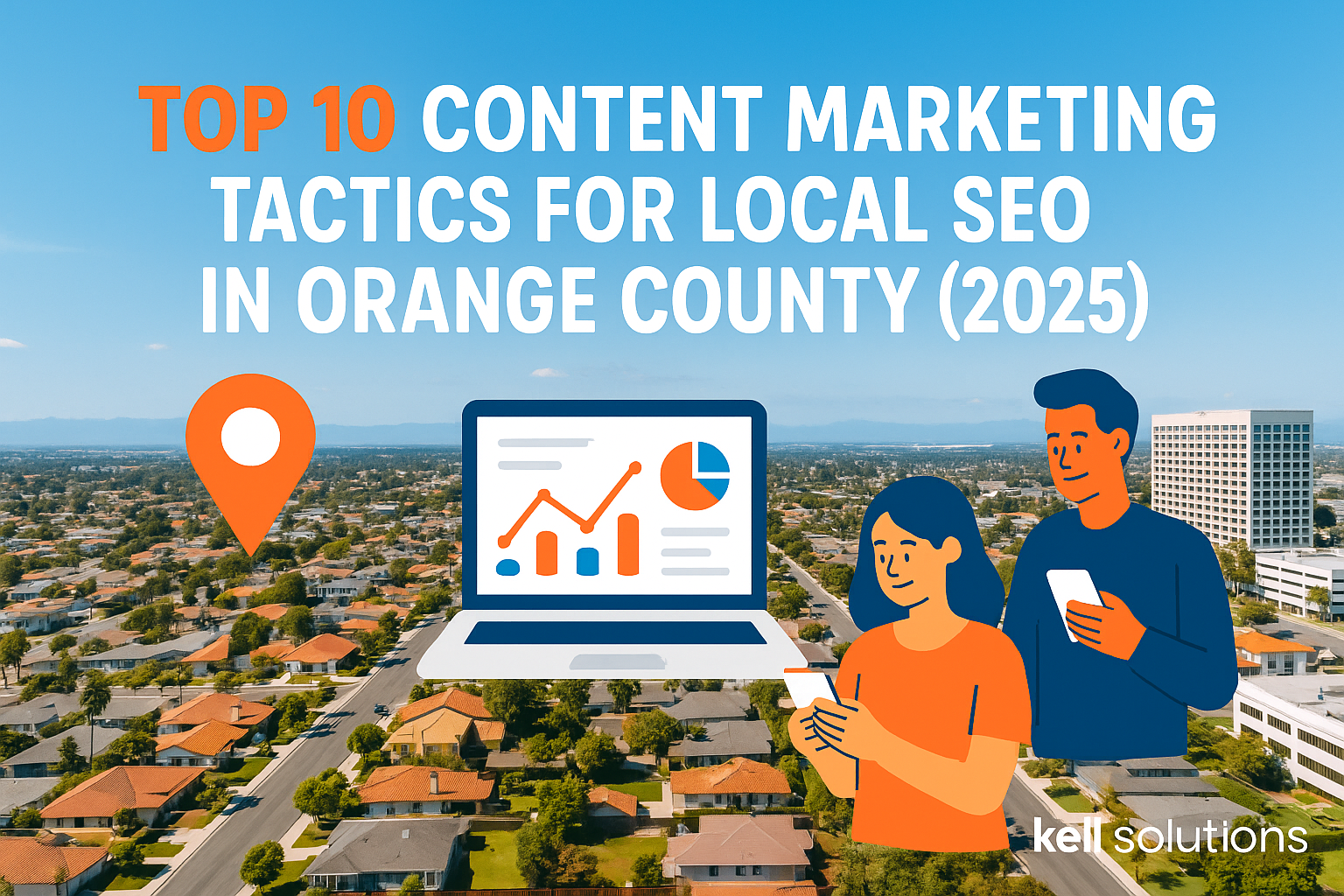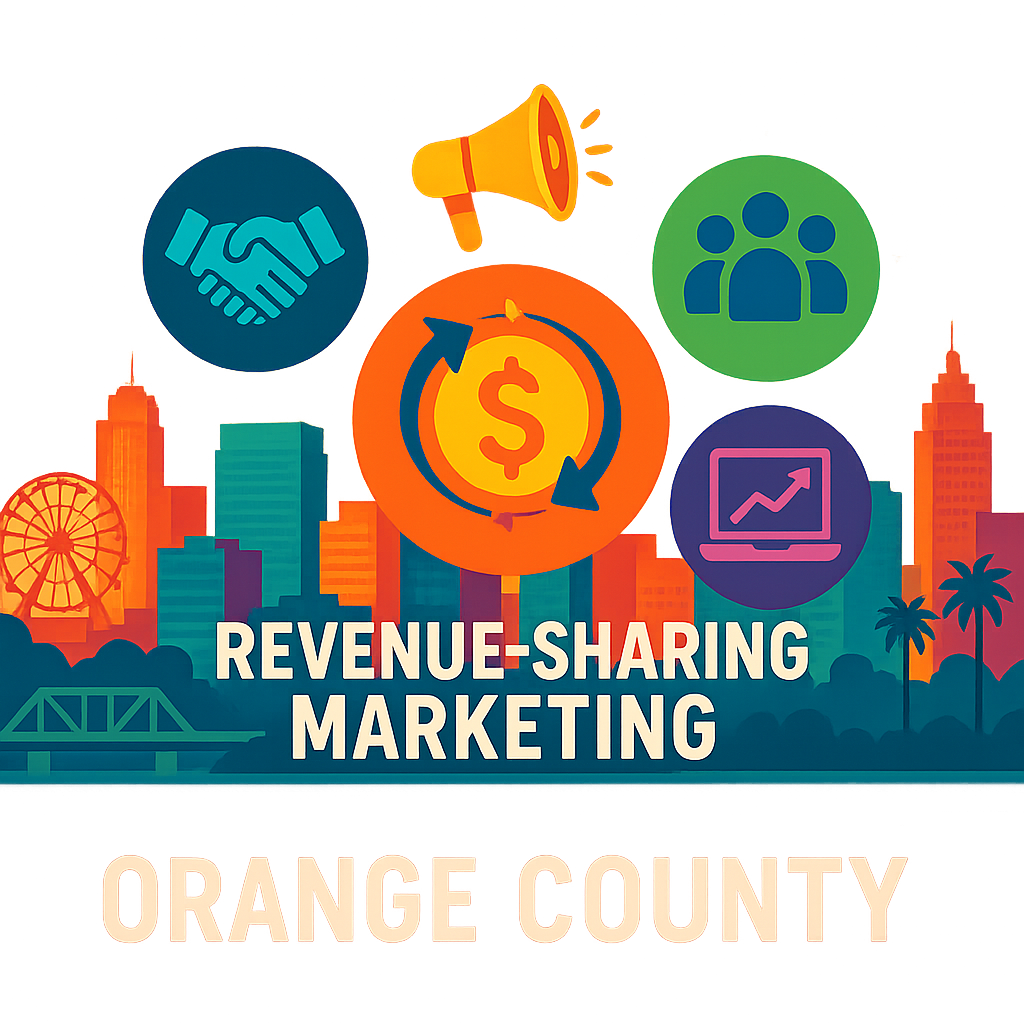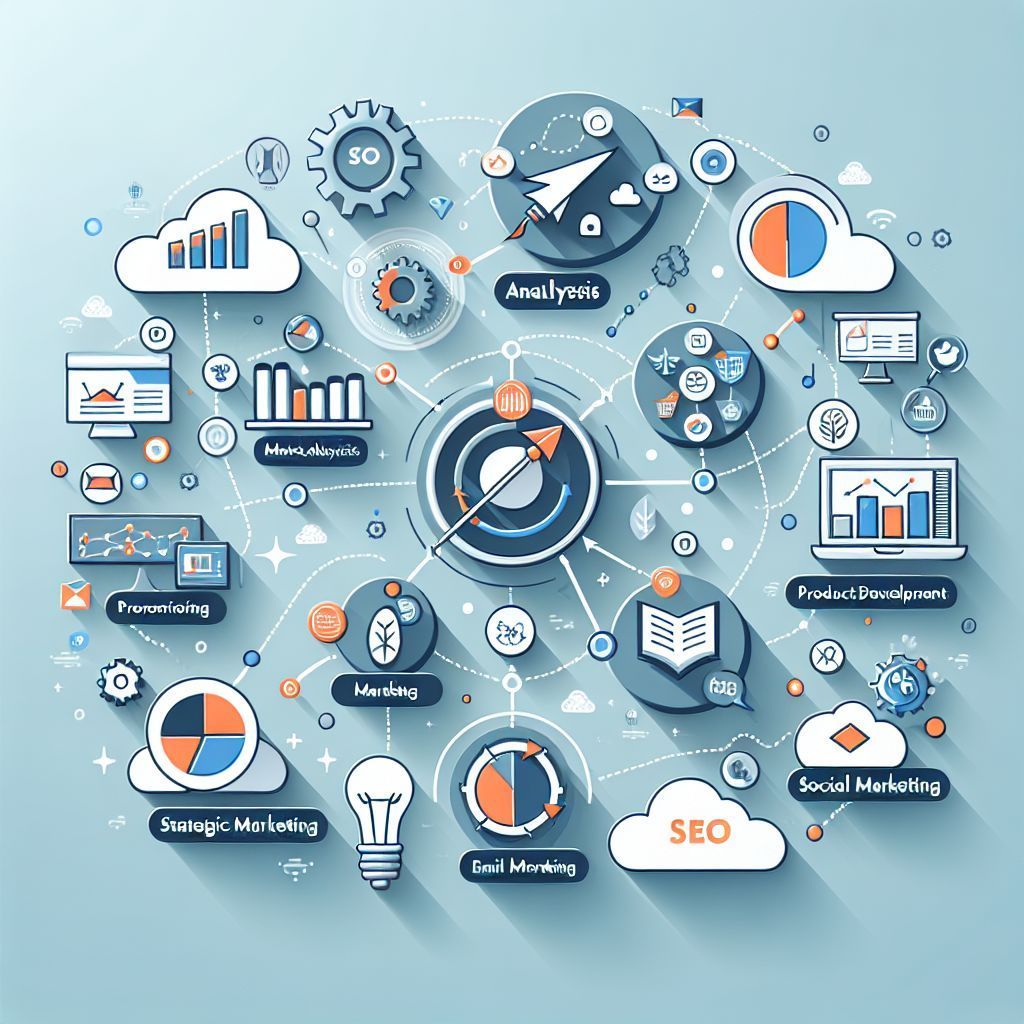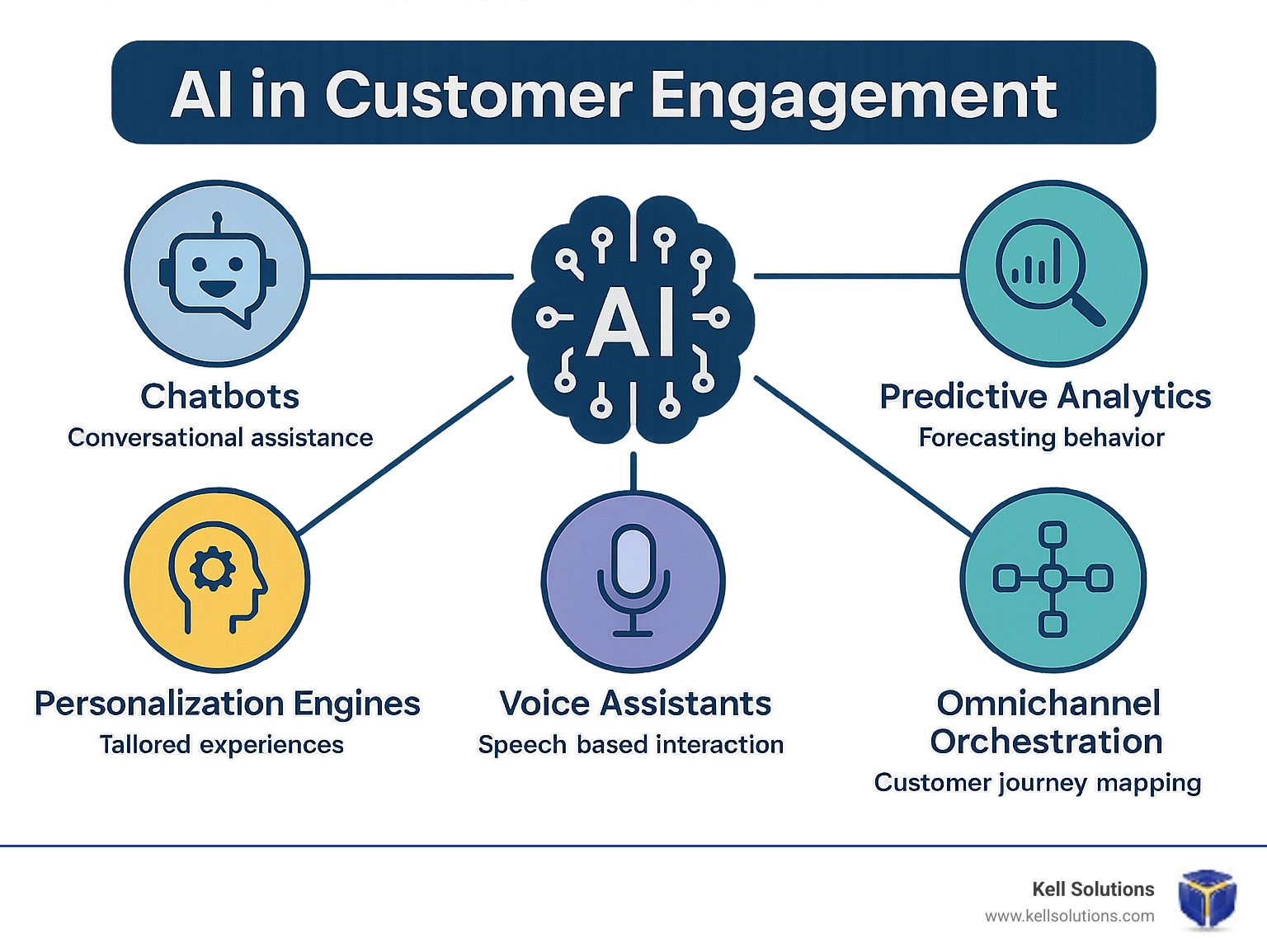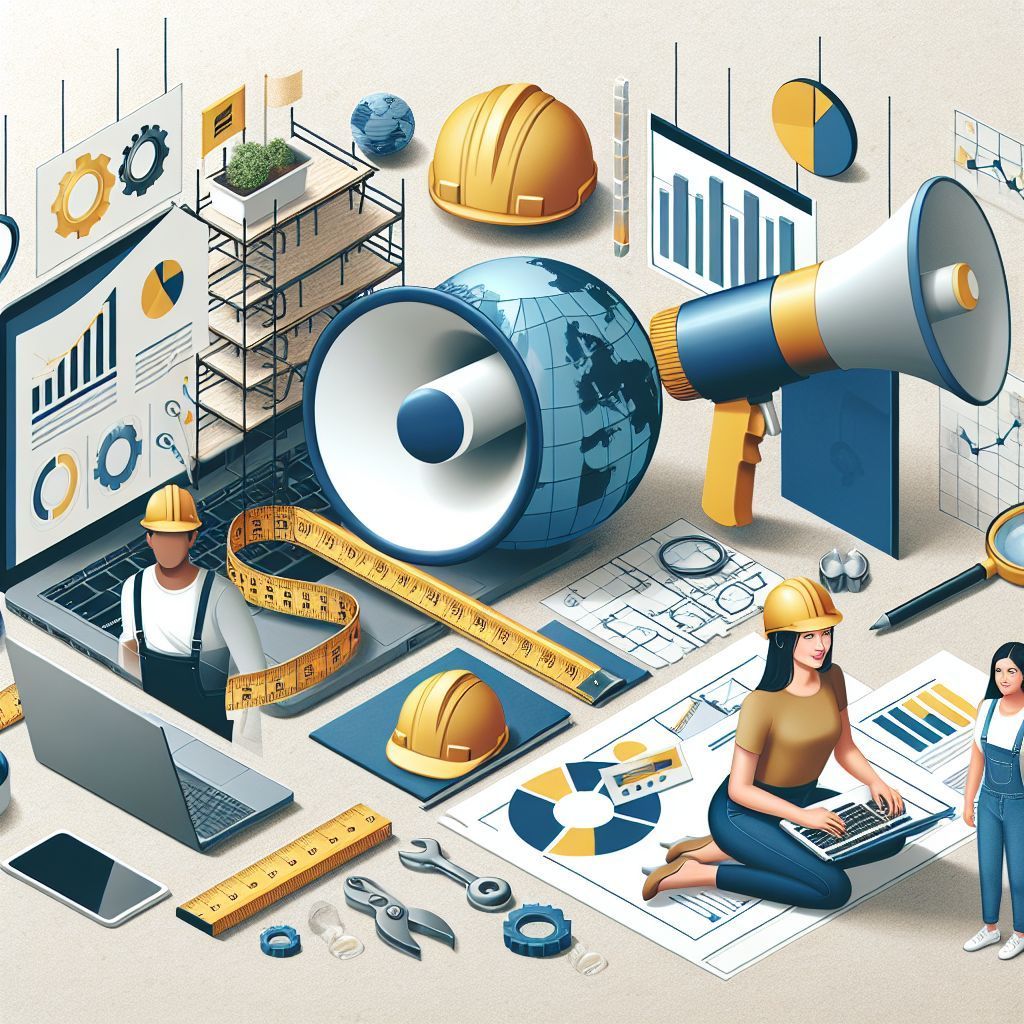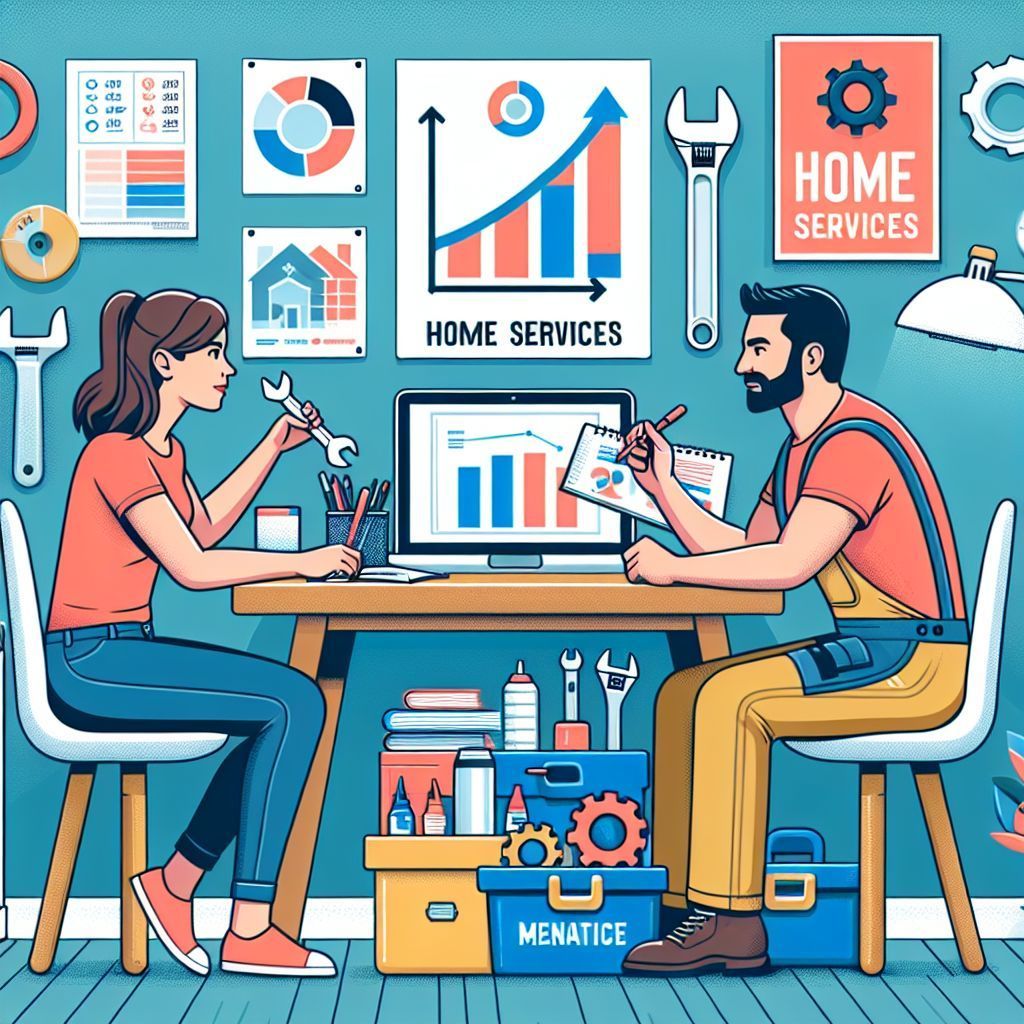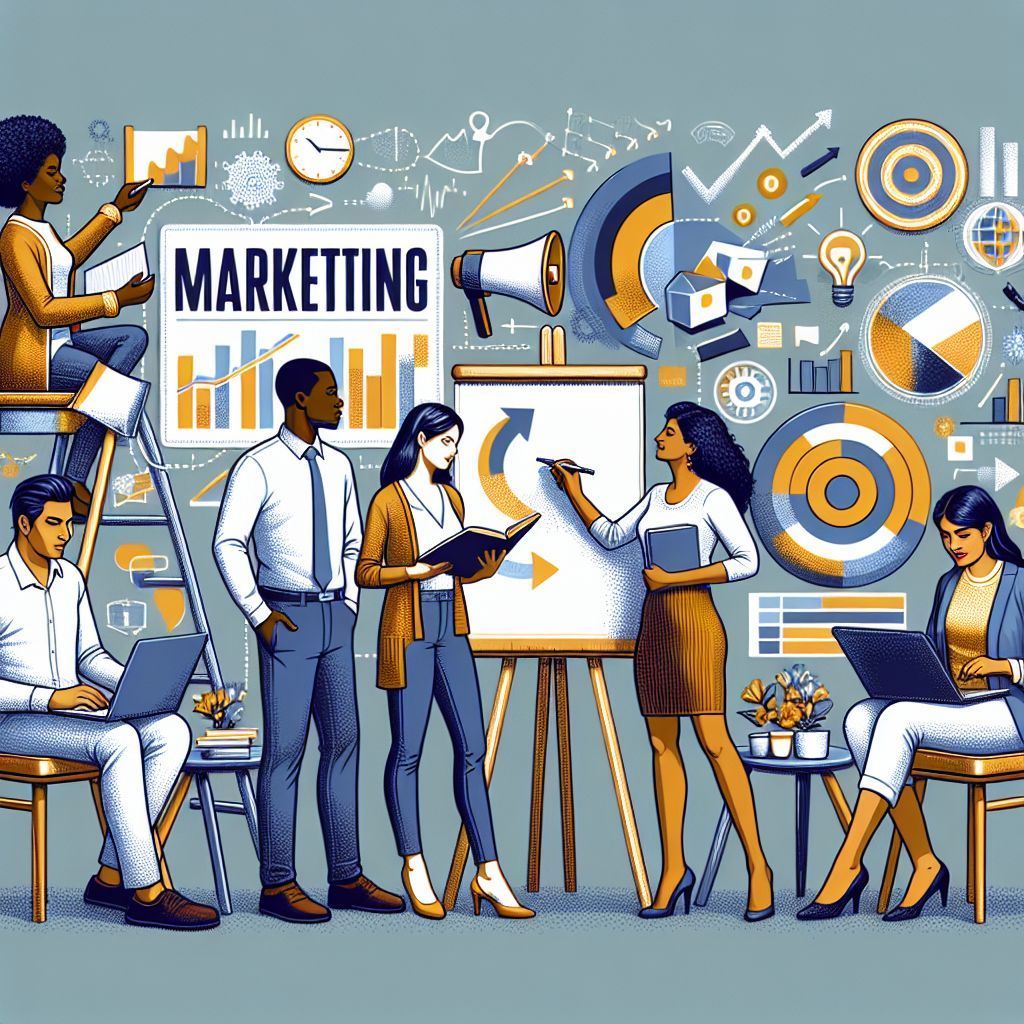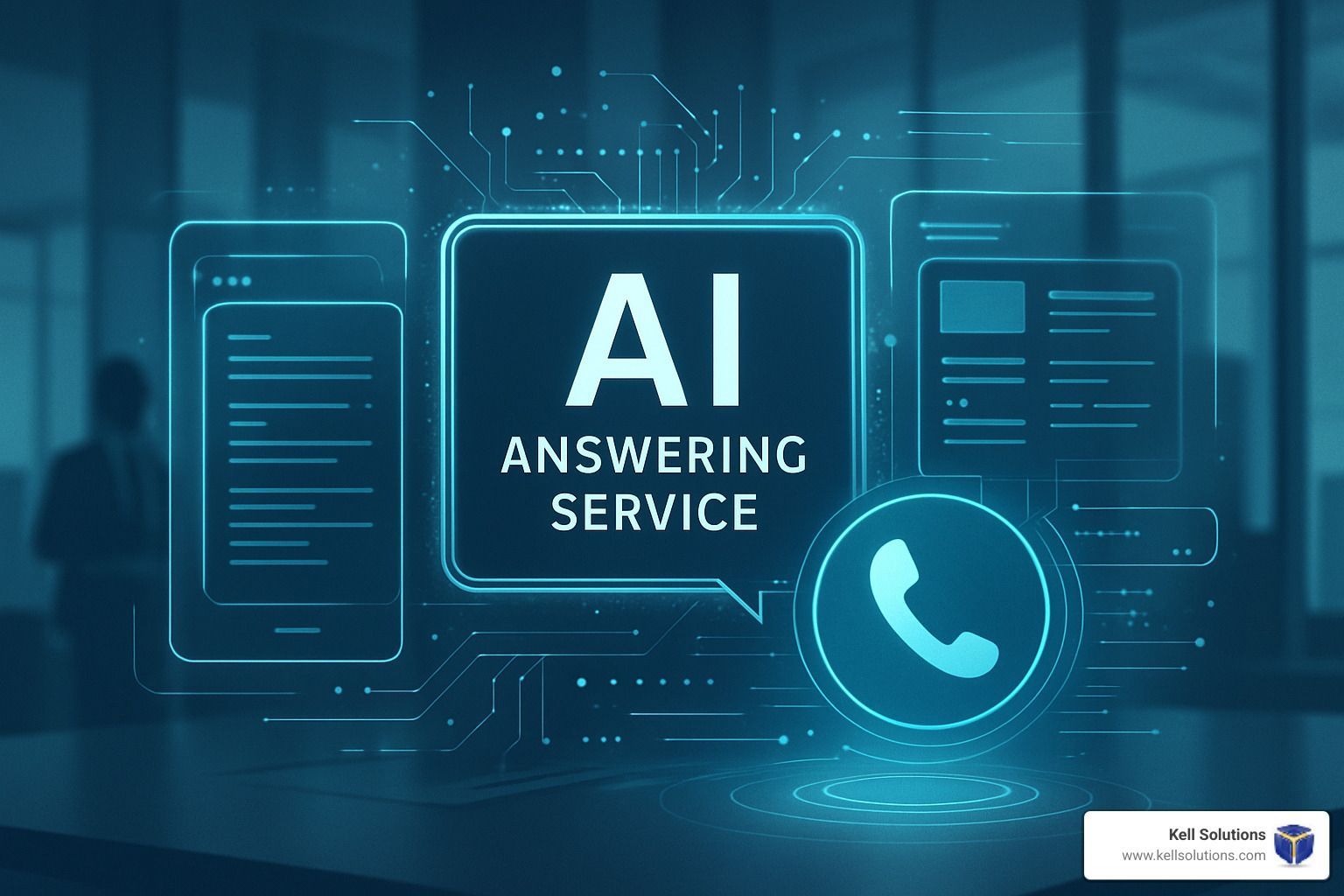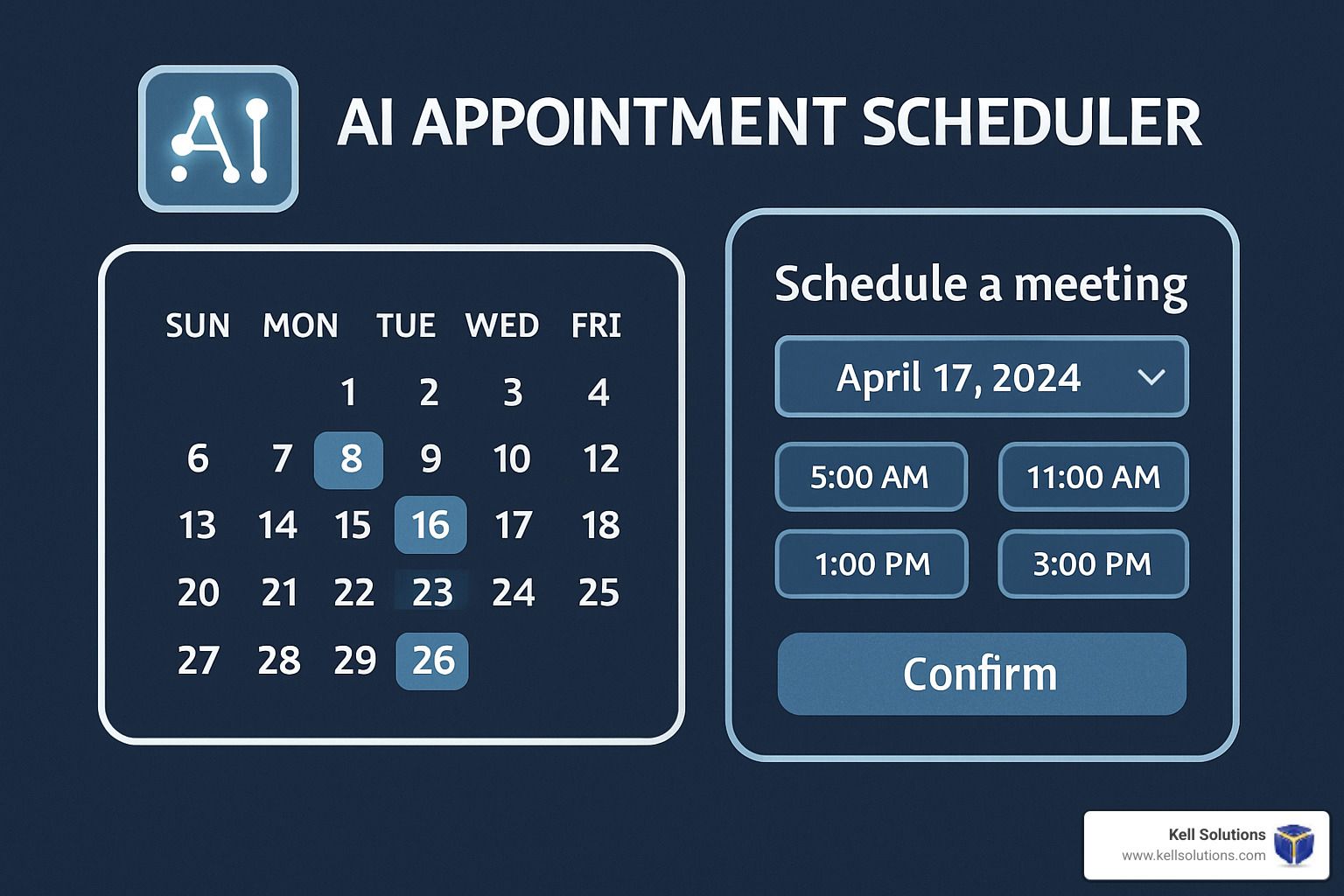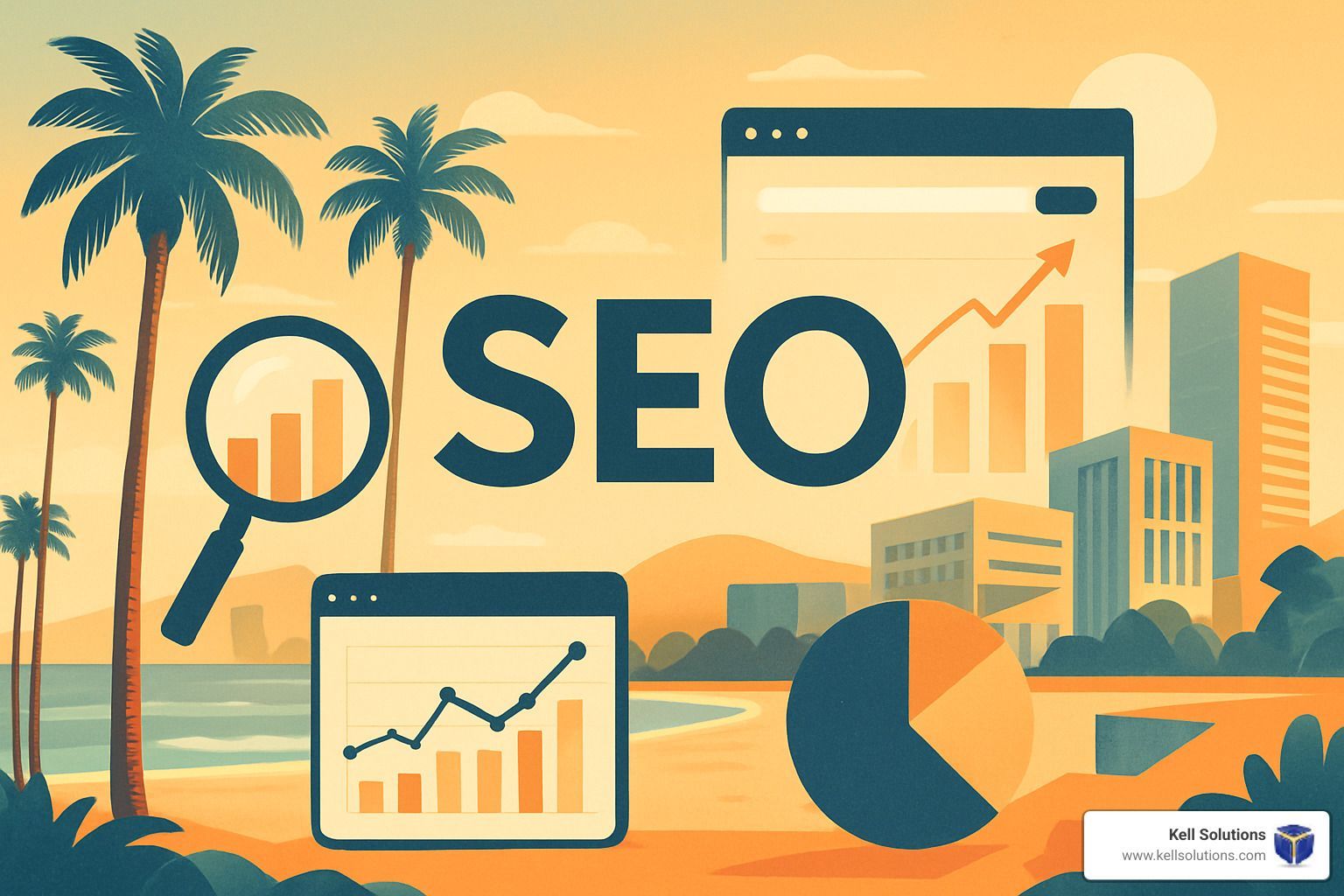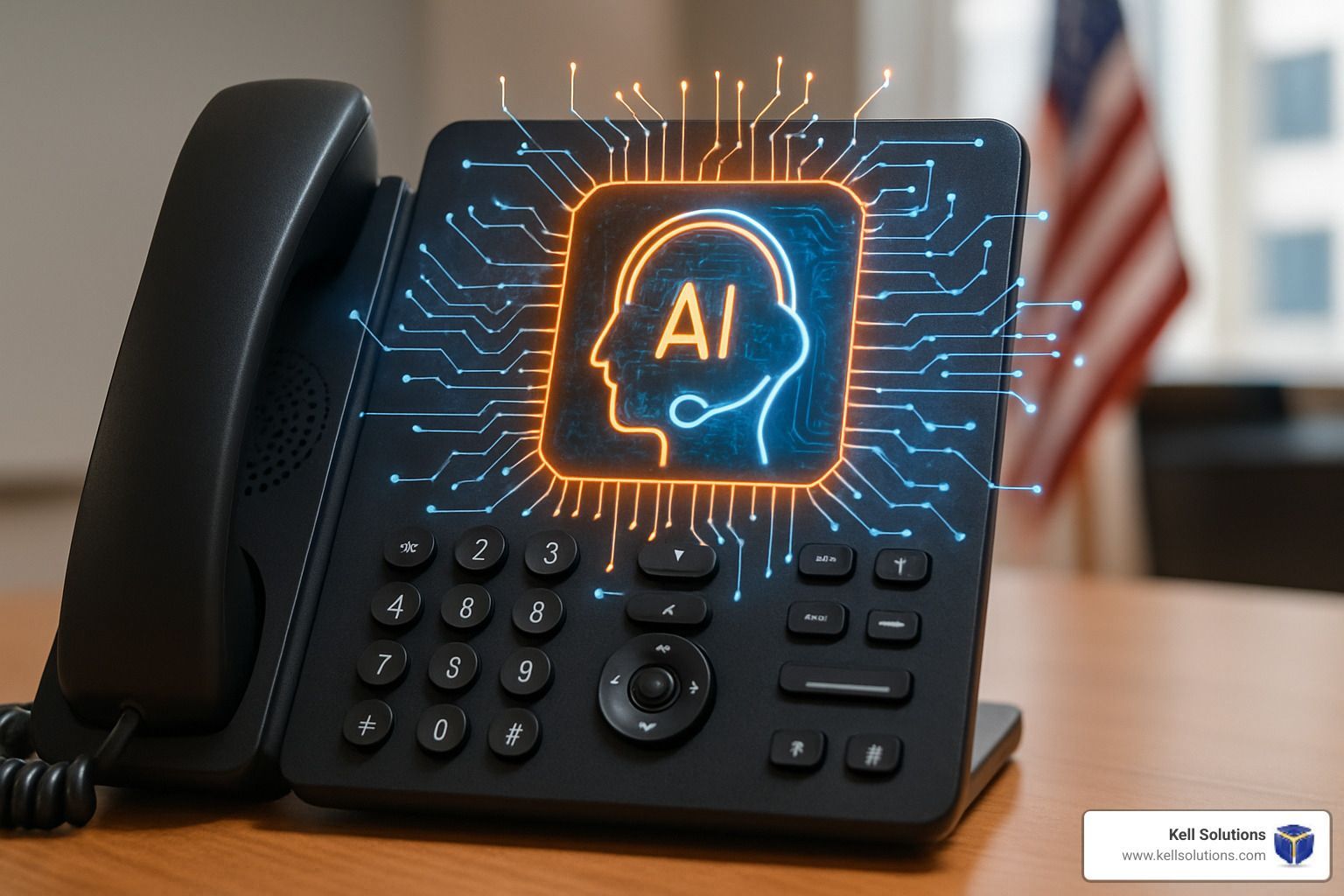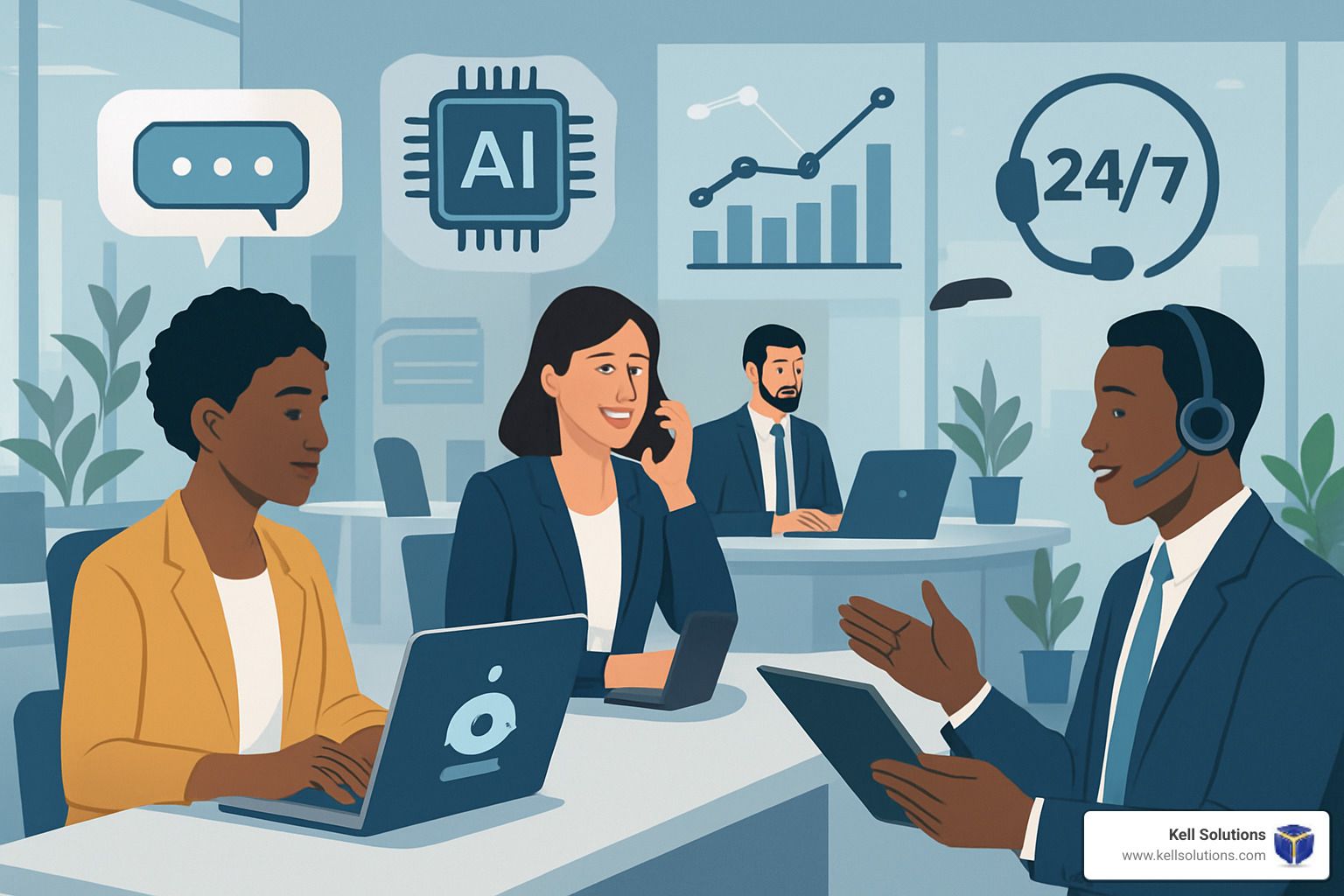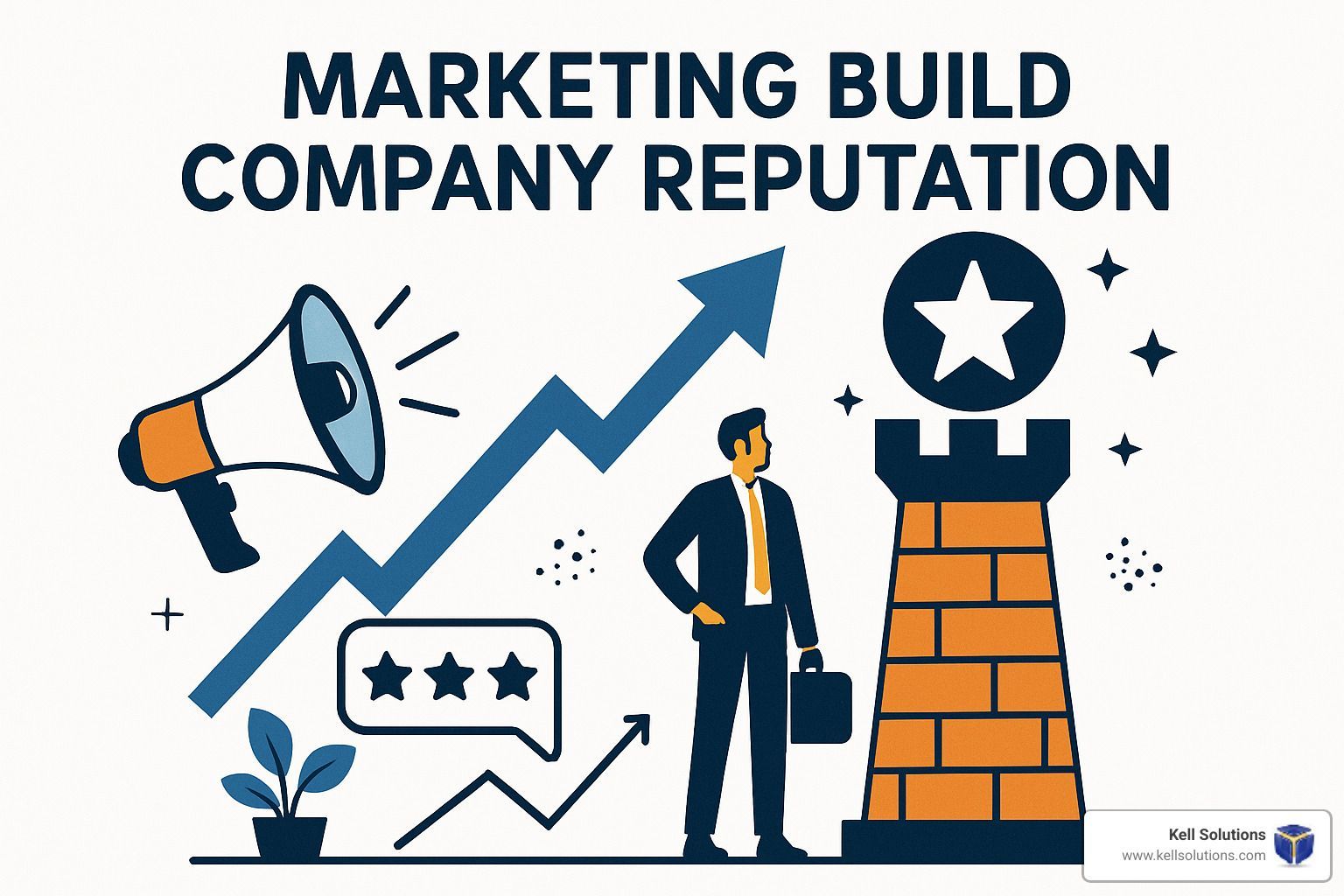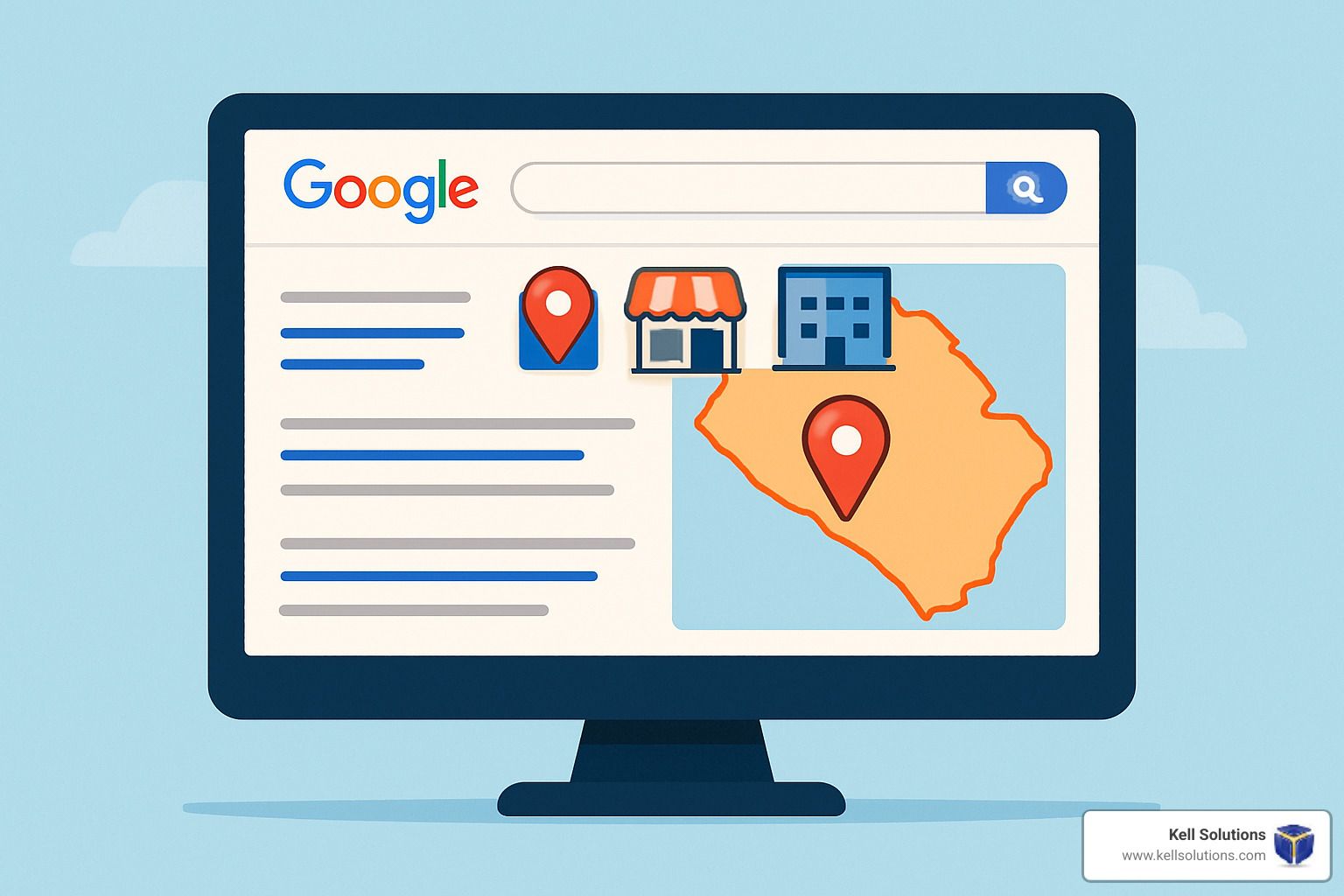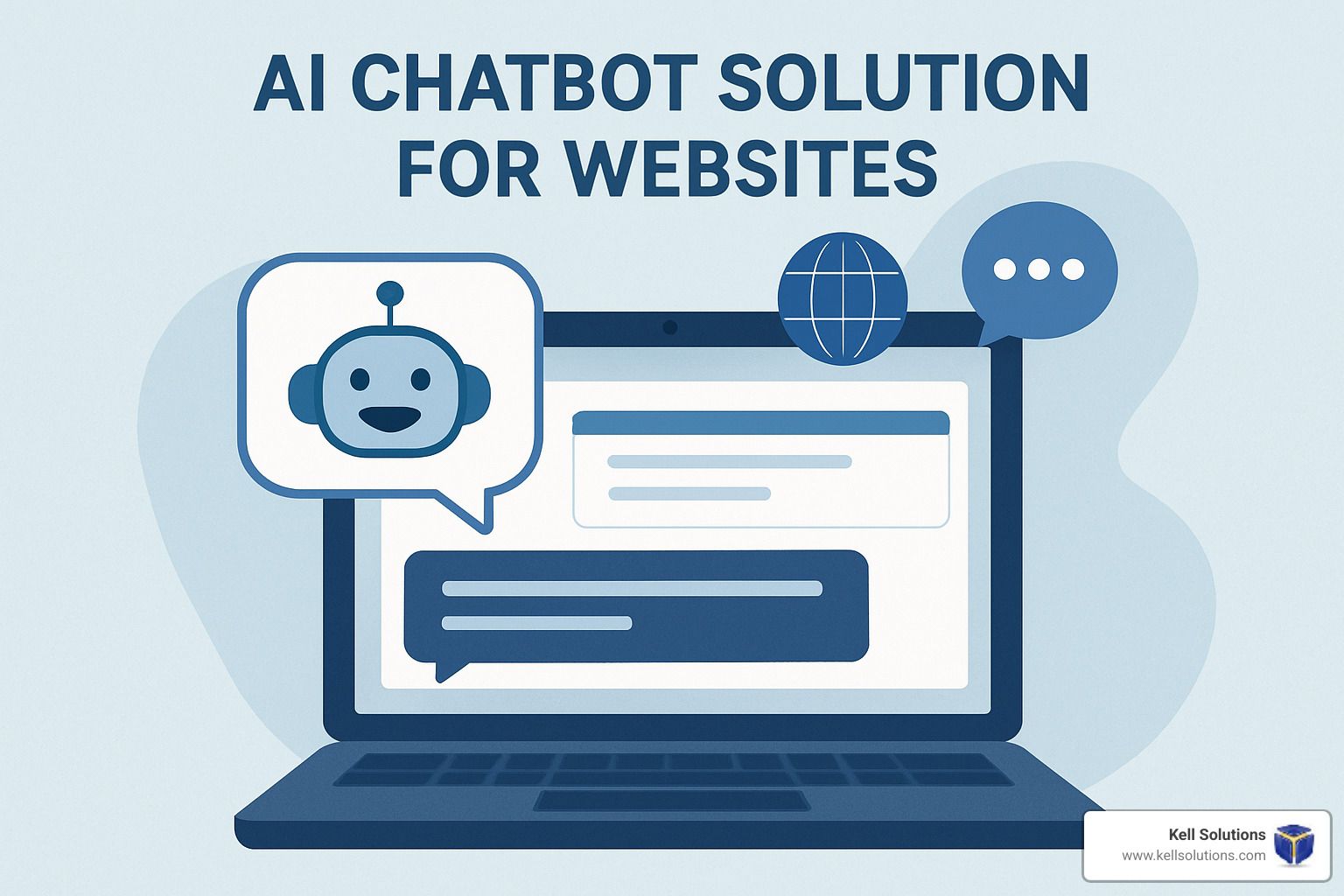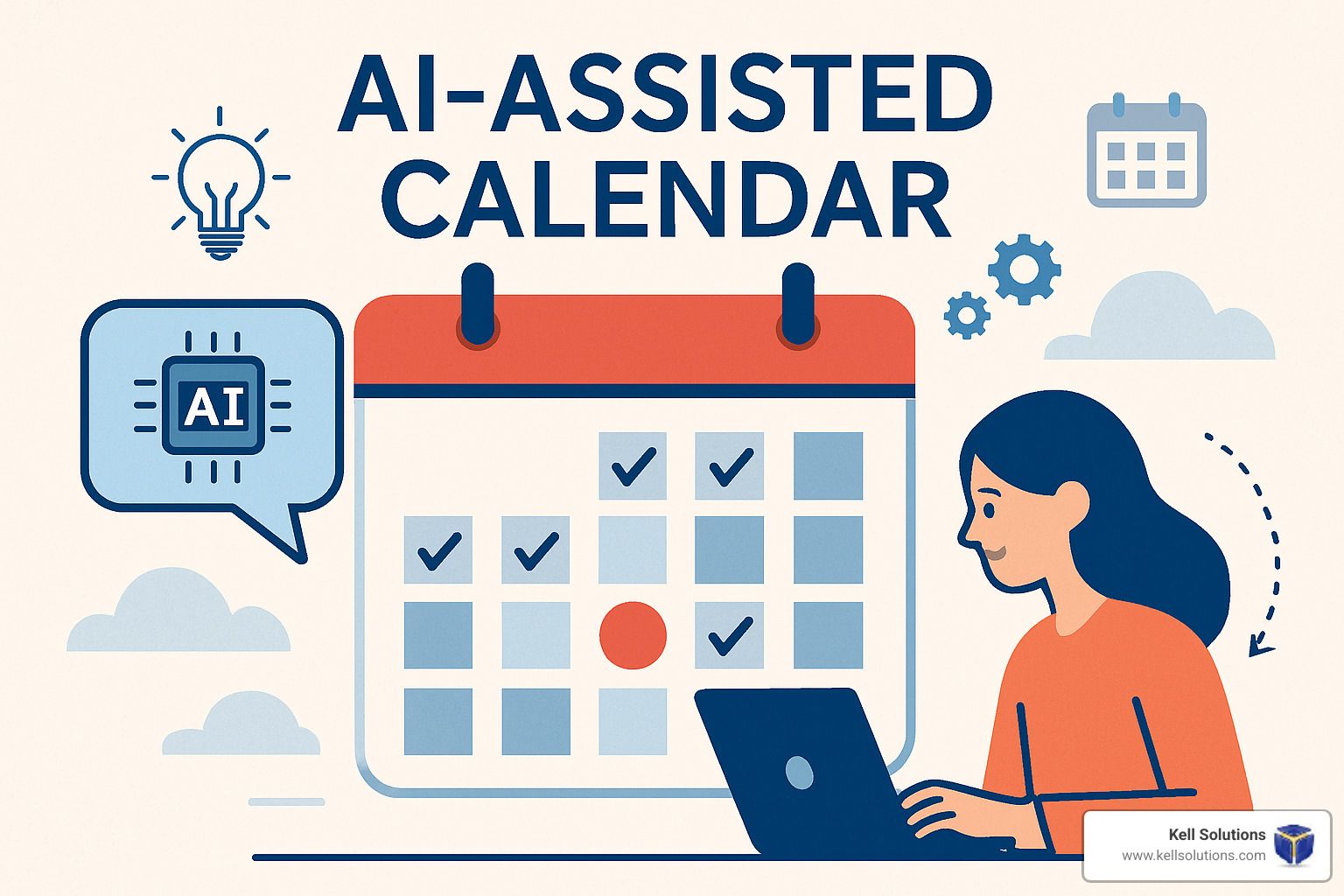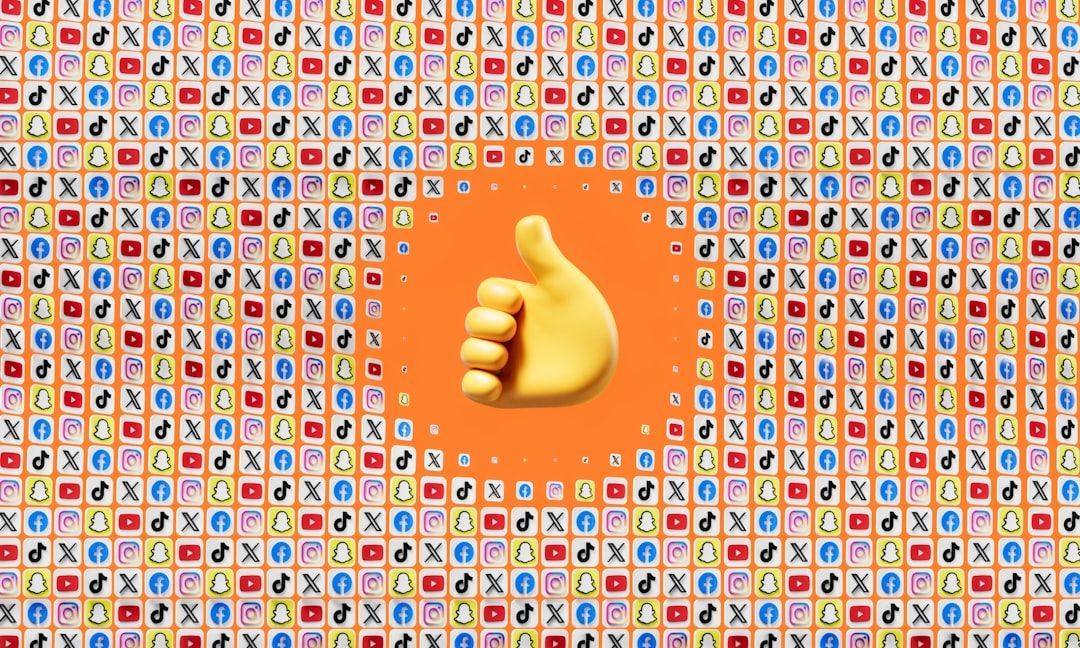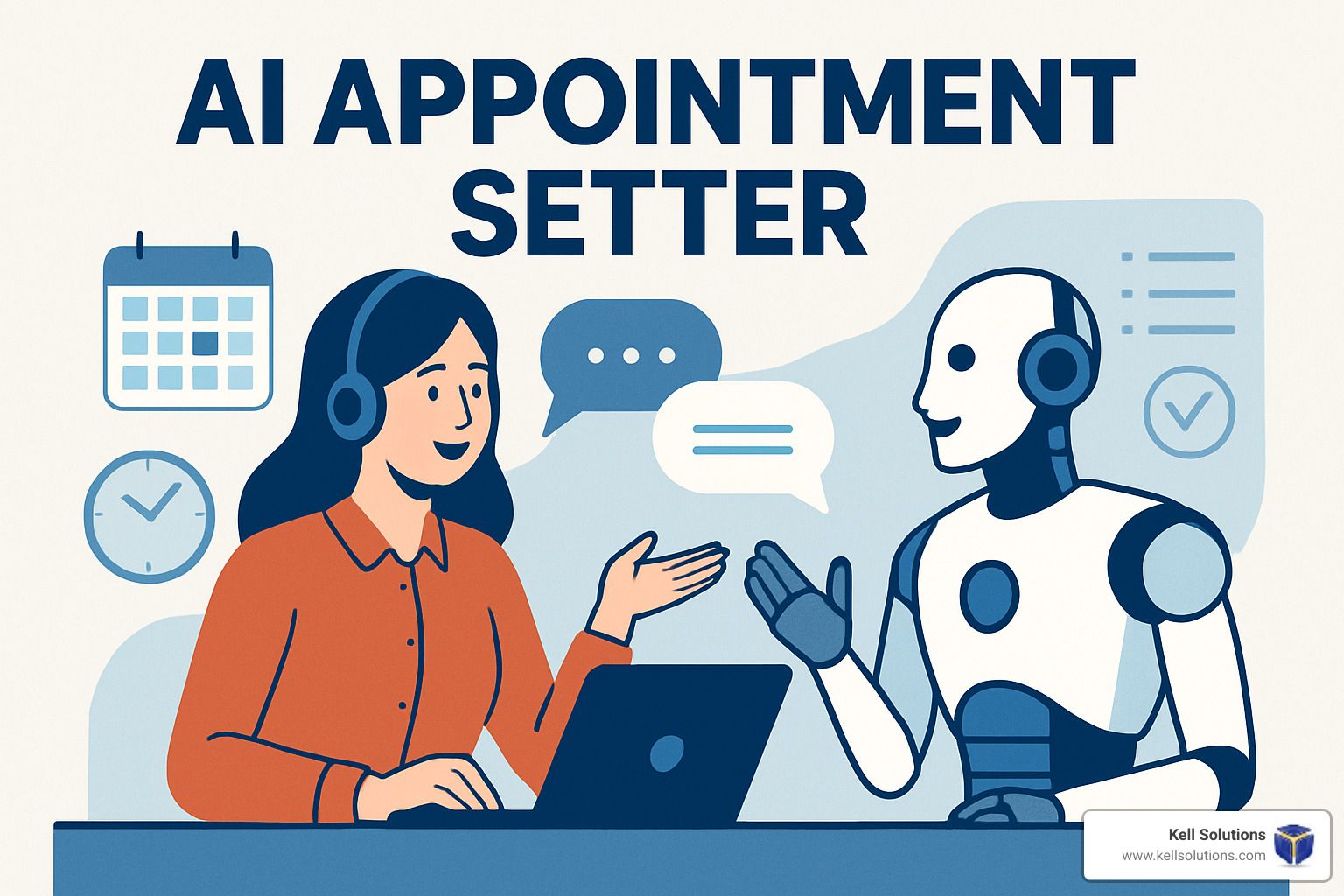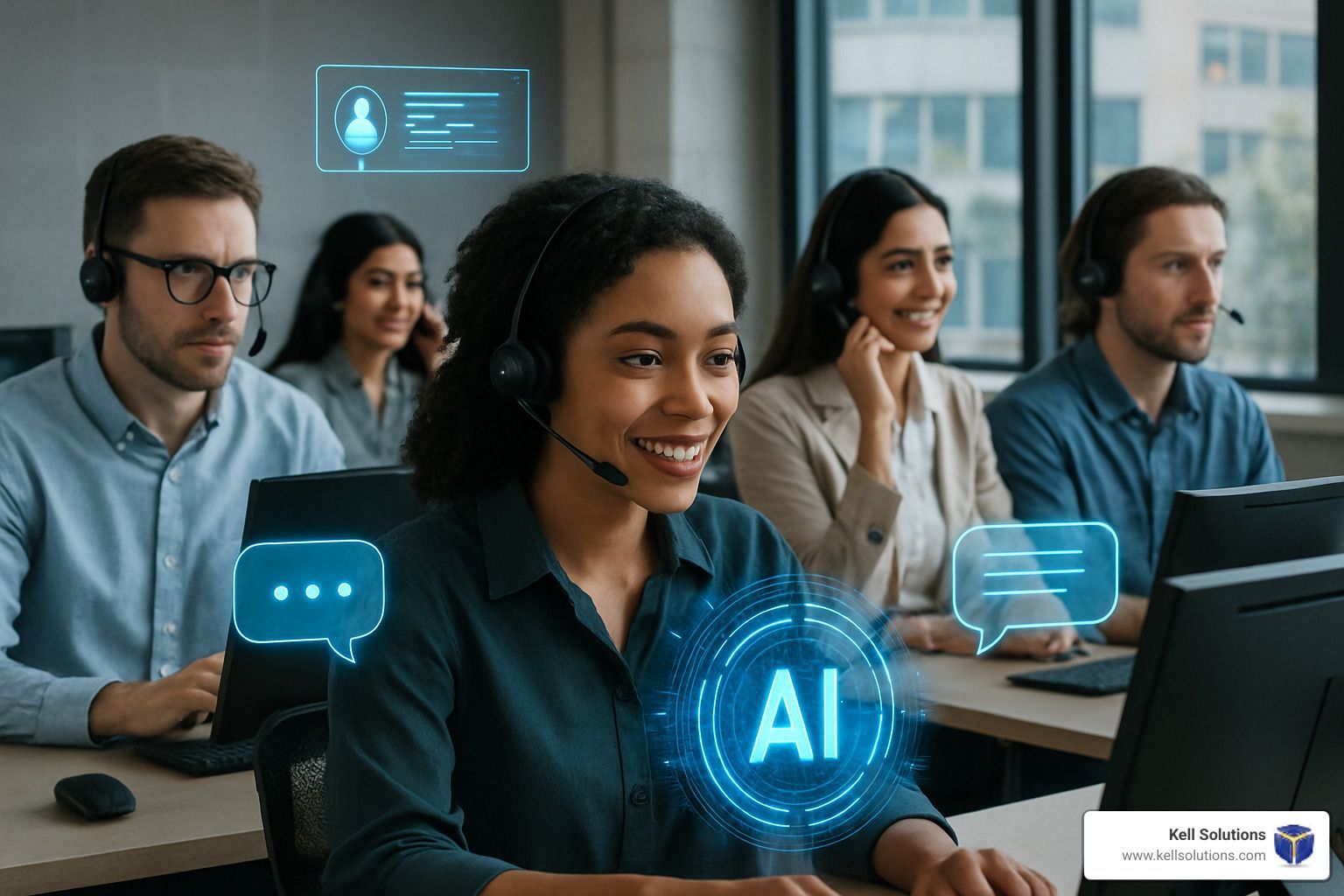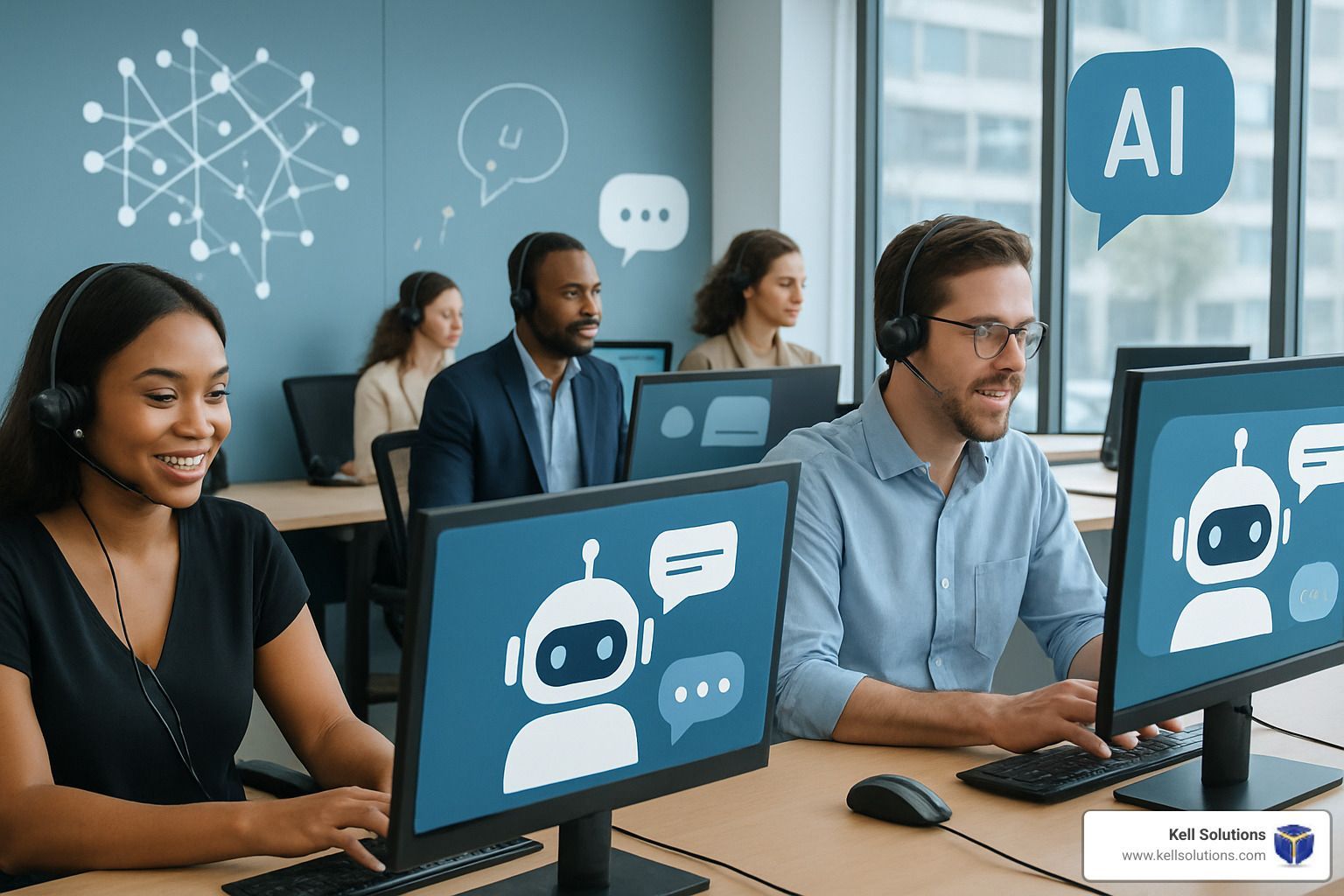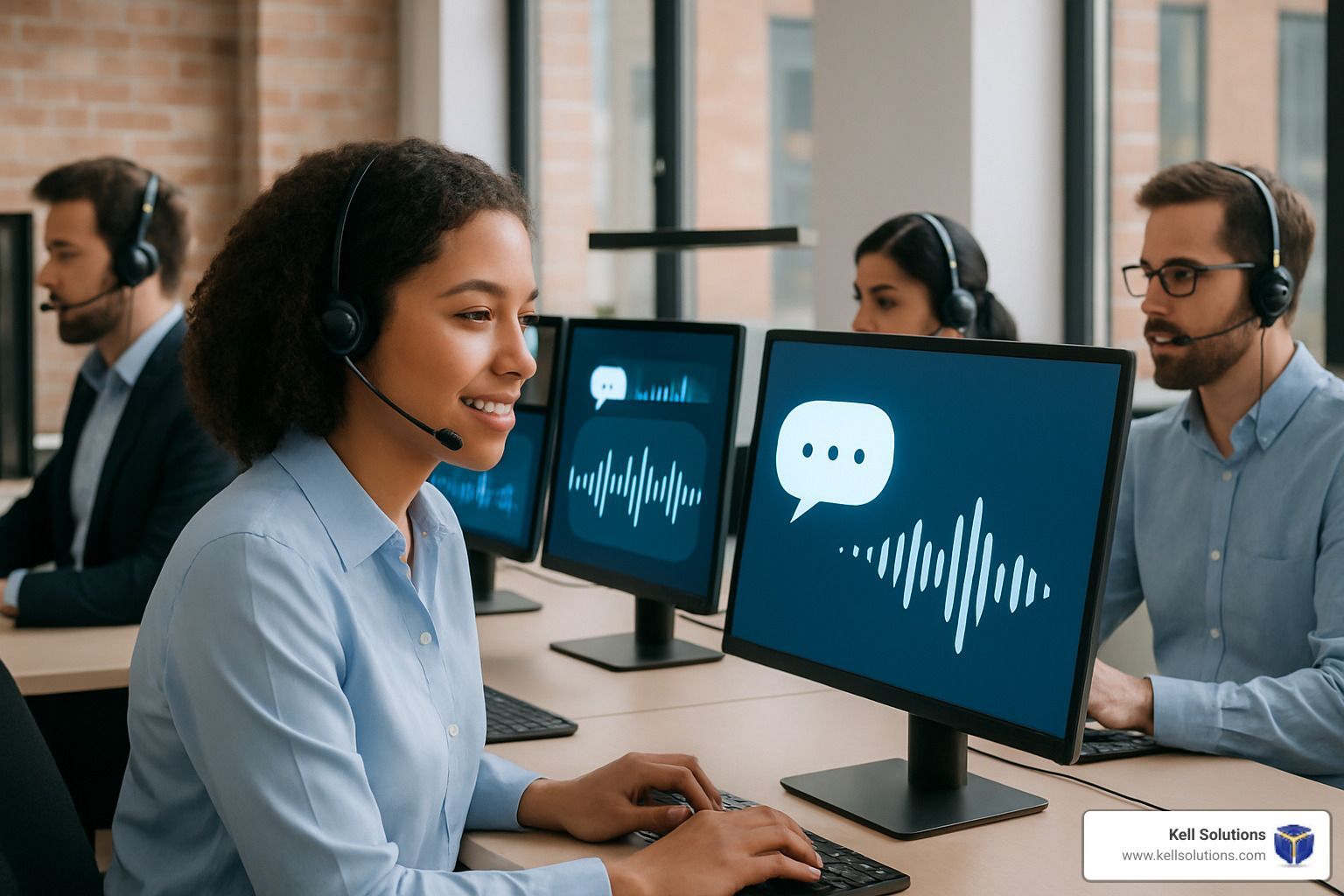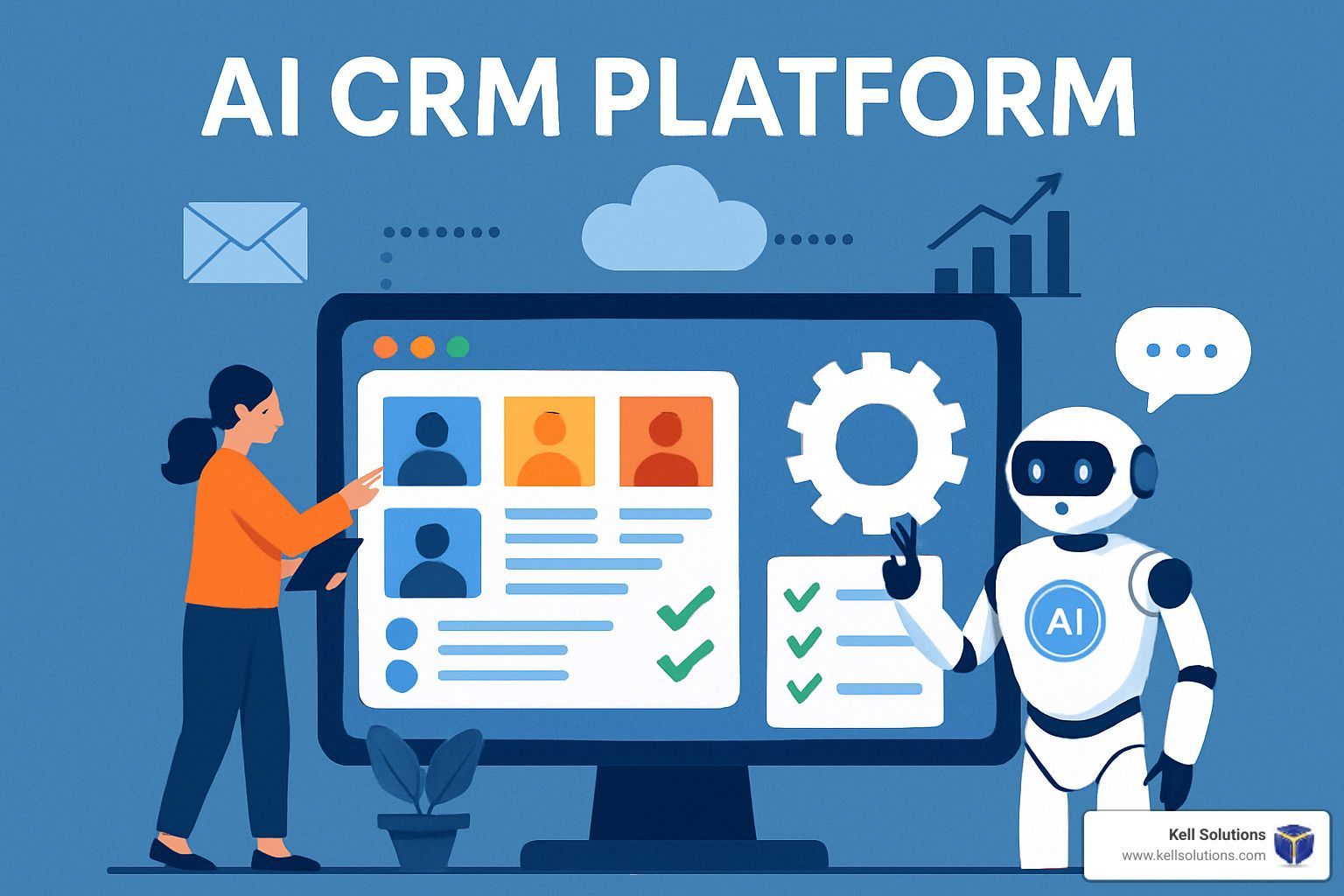AI Receptionist Cost Benefits & Comparisons for Small Business Owner
Unlocking Savings and Efficiency: How AI Receptionists for Small Business Shine

Key Takeaways: AI Receptionist for Small Business ROI
- Small businesses can achieve 47-68% annual cost savings by switching from human receptionists ($57,000-$64,000/year) to AI solutions ($2,100-$12,000/year).
- AI receptionists for small business deliver $4.78 ROI per $1 invested through direct savings and increased revenue generation opportunities.
- Modern AI solutions handle 5x more calls than human receptionists while maintaining 76% first-call resolution rates.
- Businesses using AI receptionists report 40% higher sales conversions and 78% improvements in customer satisfaction metrics.
- VoiceGenie AI offers the most cost-effective AI receptionist solution starting at just $175/month with zero setup fees and 15-minute deployment.
Traditional receptionists are costing your small business thousands in unnecessary expenses. While having a friendly voice answer your phones seems essential, the financial impact is substantial – and there's now a dramatically more affordable alternative that actually performs better.
Small businesses implementing VoiceGenie AI receptionist solutions can achieve 47-68% annual cost savings compared to traditional human receptionists while simultaneously improving operational efficiency metrics by 30-50%. This isn't just about saving money – it's about transforming how your business handles communications while improving customer experience.
Article-at-a-Glance: AI Receptionist ROI
AI receptionists have evolved from basic answering services to sophisticated virtual assistants capable of managing complete customer interactions. Modern solutions combine natural language processing with business system integrations to deliver enterprise-grade automation at a fraction of the cost. For small businesses operating with tight margins, this technology represents an opportunity to compete with larger organizations without the corresponding overhead.
Small Business Owners Are Wasting $57,000+ Annually on Traditional Receptionists
Industry data reveals full-time human receptionists cost between $57,000-$64,000 annually when accounting for salaries, benefits, training, and inevitable turnover. This figure doesn't include indirect costs like workstation setup, software licenses, and productivity losses during breaks or sick days. For most small businesses, this represents one of the largest operational expenses outside of core staff.
What's particularly concerning is how inefficient this investment becomes when analyzing utilization. The average receptionist spends only 37% of their time actively handling calls – the remainder is consumed by administrative tasks, downtime between calls, and non-productive hours. This translates to an effective cost of $4.50-$7.20 per customer interaction – a staggering figure when scaled across annual call volumes.
What AI Receptionists Actually Do for Small Businesses
- Answer and route incoming calls 24/7/365 with zero downtime
- Schedule appointments directly into your calendar system
- Capture lead information and instantly update your CRM
- Process basic service requests without human intervention
- Transfer calls to appropriate team members based on purpose
- Send automated follow-up messages and reminders
- Handle payment collection for routine transactions
- Provide instant answers to common customer questions
The capabilities of today's AI receptionists extend far beyond basic call answering. Using advanced natural language processing, these systems understand caller intent, recognize context, and deliver personalized responses that feel remarkably human. The technology has progressed to where 67% of customers can't distinguish between AI and human interactions during routine service inquiries.
What makes this particularly valuable for small businesses is the ability to maintain consistent service quality regardless of call volume. Unlike human receptionists who become stressed during high-volume periods, AI systems can handle 30+ concurrent conversations without degradation in response quality or accuracy.
24/7 Call Handling Without the Overhead
One of the most significant advantages of AI receptionists is round-the-clock availability. Small businesses lose approximately $18,000 annually in missed opportunities during evenings, weekends, and holidays when traditional receptionists are unavailable. AI solutions eliminate these coverage gaps, ensuring every potential customer reaches a responsive, helpful voice regardless of when they call.
This 24/7 capability comes without the premium typically associated with after-hours staffing. There's no overtime, no shift differentials, and no weekend premiums – just consistent, reliable service at a fixed monthly cost. For service-based businesses where emergency calls generate premium revenue, this extended availability can transform after-hours from a cost center to a profit center.
Smart Call Routing That Never Takes Breaks
Beyond simple answering services, modern AI receptionists excel at intelligent call routing. The system identifies caller intent through natural language processing and directs calls to the appropriate department or team member without making callers navigate complex menu trees. This eliminates the frustration of being transferred multiple times or waiting on hold while a human receptionist tracks down the right person.
For small businesses with limited staff, this intelligent routing creates the impression of a much larger, more structured organization. Calls can be directed based on expertise, availability, or relationship history – ensuring customers always connect with the most appropriate resource. The system even accounts for team member schedules, routing calls differently during lunch breaks or after individual working hours.
Appointment Scheduling Without Human Error
AI receptionists integrate directly with your calendar systems to handle scheduling without double-bookings or miscommunications. The technology accounts for availability, appointment duration, travel time between appointments, and even client preferences – all while communicating options in natural language. This eliminates the back-and-forth that typically consumes human receptionists' time when finding suitable appointment slots. Small businesses implementing AI receptionist for small business solutions can achieve significant cost savings.
After scheduling, these systems automatically send confirmation emails, text reminders, and follow-up messages – reducing no-shows by an average of 31%. For service-based businesses where unused appointment slots directly impact revenue, this improvement alone can justify the entire investment in AI technology.
Multi-Language Support Without Added Costs
Unlike human receptionists who typically speak one or two languages, AI systems can communicate fluently in dozens of languages without additional cost. This provides small businesses with instant accessibility to non-English speaking customers – a significant competitive advantage in diverse markets. The system detects the caller's preferred language automatically and switches without requiring any additional steps from the caller.
The Real Cost Breakdown: Human vs. AI Receptionists
Understanding the true cost difference requires examining both direct and hidden expenses. The surface-level salary comparison only tells part of the story – the real financial impact becomes clear when accounting for all operational factors that affect your bottom line.
Traditional Receptionist True Annual Cost: $57,000-$64,000
Expense Category Annual Cost Notes:
- Base Salary $36,000-$42,000
- Regional variations apply
- Benefits & Payroll Taxes $10,800-$12,600
- Typically 30% of base salary
- Training & Development $1,200-$2,400
- Ongoing skill maintenance
- Turnover Costs (amortized) $3,003-$3,603
- Based on 22% annual turnover
- Workspace & Equipment $4,800-$6,000
- Physical space, furniture, technology
- Management Overhead $1,800-$2,400 Supervision time and resources
- Hidden Expenses You're Probably Overlooking
Beyond the visible costs in the table above, human receptionists introduce several hidden expenses that impact profitability. Productivity losses during breaks and personal time account for approximately 15% of working hours – translating to $5,400-$6,300 in wages paid for non-productive time. Coverage gaps during evenings and weekends represent approximately $18,000 in missed opportunity costs annually for the average service business.
Quality inconsistencies present another significant hidden cost. Human receptionists have good and bad days, personal distractions, and varying energy levels – all affecting customer experience. These inconsistencies lead to an average 12-18% variation in conversion rates depending on which receptionist handles initial contact. For businesses where each new customer represents thousands in lifetime value, these subtle performance differences translate into substantial revenue impacts.
AI Receptionist Pricing: $175-$999 Monthly
AI receptionist solutions typically follow a tiered pricing model based on call volume and feature requirements. Entry-level plans suitable for most small businesses start around $175 monthly, including 1,000 minutes of call handling, one dedicated phone number, and 24/7 availability. Mid-tier plans ranging from $499-$699 monthly add multiple phone lines, CRM integrations, and custom call flows. Enterprise plans reaching $999 monthly provide unlimited usage across multiple locations with advanced analytics.
This predictable cost structure eliminates the variability associated with human staffing. A 150% increase in call volume might require hiring additional human receptionists at full salary, but typically only necessitates a 66% increase in AI subscription costs. This scalability makes AI solutions particularly advantageous for businesses with seasonal fluctuations or growth ambitions.
96% Cost Reduction Potential for Small Businesses
At $175/month ($2,100 annually), basic AI receptionist plans represent a 96% cost reduction compared to entry-level human staff. Even premium AI plans ($999/month or $11,988 annually) remain 81% cheaper than human equivalents. These dramatic savings don't come with performance tradeoffs – in fact, most businesses report improved customer satisfaction after implementing AI reception systems.
The economic advantage becomes even more pronounced when factoring in opportunity costs. AI receptionists convert leads at consistently higher rates than human counterparts, primarily due to instant availability and elimination of hold times. For businesses handling 50+ daily calls, VoiceGenie AI's $175/month plan pays for itself with just 2.3 converted leads per month at average industry deal sizes.
5 Ways AI Receptionists Boost Your Bottom Line
1. Recapture $18,000+ in After-Hours Business
Most small businesses miss 25-30% of potential revenue by limiting phone availability to standard business hours. AI receptionists eliminate this opportunity cost by providing professional responses around the clock. For service businesses, this translates to approximately $18,000-$22,000 in annually recaptured revenue that previously went to competitors with better availability.
2. Eliminate $13,650 in Annual Turnover Costs
Administrative positions like receptionists experience a 22% annual turnover rate, with each replacement costing approximately $13,650 in recruitment, training, and productivity losses. AI solutions eliminate these recurring expenses entirely, providing consistent service without the disruption of staff transitions. This stability extends to customer relationships, as clients always encounter the same familiar voice regardless of when they call.
3. Process 5x More Calls Without Quality Loss
During peak periods, human receptionists can handle 4-6 calls per hour effectively before quality degrades. AI systems maintain consistent performance regardless of volume, processing 30+ concurrent calls without degradation. This eliminates the bottlenecks that frustrate customers during busy periods and ensures every inquiry receives the same level of attention regardless of when it arrives.
4. Convert 40% More Sales Opportunities
Businesses implementing AI receptionists report 40% higher sales conversion rates compared to human-only systems. This improvement stems from three factors: immediate response times (67% of customers cite responsiveness as their primary loyalty driver), consistent message delivery, and intelligent qualification processes that identify high-value opportunities. The economic impact compounds over time, as each additional converted customer represents thousands in lifetime value.
5. Reduce Customer Wait Times from Minutes to Seconds
The average caller spends 1.6-2.3 minutes on hold when reaching human receptionists during busy periods. AI systems eliminate this friction point entirely, providing instant responses regardless of call volume. This improvement translates directly to customer satisfaction metrics, with businesses reporting 78% improvements after implementing AI reception systems.
Top AI Receptionist Solutions Worth Your Money
VoiceGenie AI: Best Overall Value ($175/month)
VoiceGenie AI offers the most comprehensive feature set at the lowest price point, making it ideal for cost-conscious small businesses. The entry-level plan includes 1,000 minutes of call handling, 250 SMS messages, one dedicated phone number, and 24/7 availability. With zero setup fees and 15-minute deployment, VoiceGenie AI provides the fastest path to cost savings while maintaining enterprise-grade capabilities.
What separates VoiceGenie AI from competitors is its natural language processing engine, which achieves 92-97% accuracy in understanding caller intent – significantly outperforming other solutions in the same price range. The system also offers the deepest integration options, connecting directly with popular CRMs, calendar systems, and payment processors to create truly seamless workflows.
Ruby Receptionists: Hybrid AI/Human Option
For businesses preferring a hybrid approach, Ruby Receptionists provides AI-assisted human receptionists at a higher price point. Their entry-level plan ($235/month) includes just 50 minutes of human-answered calls, making it 4.7x less cost-efficient per minute than pure AI solutions. However, this hybrid model can provide value for businesses in sensitive industries where human judgment remains essential for certain call types.
Smith.ai: Industry-Specific Templates
Smith.ai offers industry-tailored AI receptionist templates for legal, medical, home services, and financial businesses. Their pricing model charges $255/month for 30 calls ($8.50/call), scaling to $1,640/month for 500 calls ($3.28/call). While more expensive than pure AI alternatives, Smith.ai provides pre-configured workflows designed for specific business types, potentially reducing implementation time for industry-specific requirements.
Implementation Made Simple: 15-Minute Setup Process
Unlike complex business system deployments that disrupt operations for weeks, modern AI receptionists can be fully operational within 15 minutes of signup. The streamlined implementation process requires no technical expertise and causes zero disruption to existing workflows – you simply forward your business phone to the new AI receptionist number and the system begins handling calls immediately.
No-Code Configuration Steps
- Create account and select subscription tier based on call volume
- Choose your virtual phone number or port existing business line
- Record or select your greeting message voice and tone
- Define basic routing rules for different call types
- Set business hours and special handling instructions
- Connect your calendar for appointment scheduling capabilities
- Test the system with sample calls before going live
The simplicity of this process eliminates the implementation risk traditionally associated with new business systems. Most AI receptionist providers offer guided setup with a dedicated implementation specialist who ensures your system reflects your specific business requirements and communication style.
For businesses with multiple locations or departments, the configuration process includes additional steps to define routing hierarchies and location-specific handling instructions. These more complex implementations typically require 30-45 minutes rather than the standard 15-minute setup but still represent a fraction of the time required for traditional system deployments.
Once configured, the system begins learning from each interaction, continuously improving its understanding of your business and caller patterns. This machine learning component means the AI receptionist for small business becomes more effective over time, adapting to the specific language patterns and request types common among your customer base.
Most providers offer 30-day trials with full functionality, allowing you to validate performance before committing to a long-term solution. This risk-free testing period provides concrete data on call handling quality and customer satisfaction impacts specific to your business context.
CRM Integration Options
Leading AI receptionist solutions integrate directly with popular CRM platforms including Salesforce, HubSpot, Zoho, and Pipedrive. These integrations enable automatic contact creation, activity logging, and opportunity tracking without manual data entry. The result is a seamless information flow where conversation details, customer requests, and follow-up items automatically populate in your existing systems – eliminating the administrative burden typically placed on human receptionists.
Script Customization Techniques
Modern AI receptionists allow extensive customization of conversation flows to match your brand voice and handling preferences. This includes creating conditional responses based on caller information, time of day, or inquiry type. You can define specific language for appointment confirmations, service descriptions, and frequently asked questions – ensuring the system accurately represents your unique business personality.
Advanced systems like VoiceGenie AI even allow "voice cloning" where the AI adopts speech patterns and tonality matching your existing staff. This creates remarkable consistency between AI interactions and human follow-ups, delivering a cohesive customer experience regardless of which system handles each communication stage.
Real Small Business Results: 212% ROI in Year One
A 12-attorney legal practice replaced three receptionists ($195,000/year in total costs) with an AI Enterprise Plan ($97,125/year). The direct savings of $97,875 were supplemented by $108,000 in recaptured revenue from previously missed after-hours calls, creating a total first-year ROI of 212%. Client satisfaction metrics improved 23% during the same period, primarily due to faster response times and elimination of hold periods during peak call volumes.
Similarly, a five-location healthcare provider achieved 187% ROI by replacing reception staff with an AI solution. Beyond the $118,500 in direct staffing savings, the practice reported a 31% reduction in no-shows due to the AI system's consistent appointment reminder capabilities. The improved schedule adherence translated to approximately $142,000 in additional annual revenue from previously unused appointment slots.
Frequently Asked Questions
The shift from human to AI receptionists naturally raises questions about capability limitations and customer experience impacts. Here are the most common concerns expressed by business owners considering this transition.
Analyzing thousands of AI receptionist implementations reveals that most concerns stem from outdated perceptions of the technology. Today's solutions use sophisticated natural language processing that creates remarkably human-like interactions, eliminating many of the limitations associated with earlier automated systems.
How do AI receptionists handle complex customer inquiries?
Modern AI receptionists use contextual understanding to manage multi-part requests and complex inquiries. The system identifies when a question exceeds its capabilities and seamlessly transfers to a human team member with complete conversation context. This creates a tiered response system where routine matters (70-80% of calls) are handled entirely by AI, while complex situations receive appropriate human attention without making callers repeat information.
The AI continues learning from these transfers, gradually expanding its handling capabilities as it observes how human team members address similar situations. This creates a continuously improving system that requires less human intervention over time while maintaining high customer satisfaction rates.
Will my customers know they're talking to an AI system?
Business owners can choose whether to disclose the AI nature of their receptionist. Most leading providers offer disclosure options ranging from full transparency ("I'm an AI assistant here to help you") to neutral identification ("Thanks for calling ABC Company, how may I assist you?"). Interestingly, satisfaction surveys reveal no significant difference in customer experience ratings between disclosed and undisclosed AI interactions, suggesting that performance matters more than human/AI status.What happens if the AI receptionist can't resolve an issue?
When the AI system encounters a request beyond its capabilities, it follows predefined escalation protocols – typically transferring to an appropriate team member, creating a callback ticket, or sending an urgent notification based on the situation's priority. The transfer includes complete conversation context, eliminating the frustration of customers needing to repeat information. This graceful handling of edge cases ensures no customer need goes unaddressed while still capturing the efficiency benefits of AI for routine interactions.
Are AI receptionists HIPAA and GDPR compliant?
Leading AI receptionist providers maintain full compliance with healthcare privacy regulations (HIPAA), data protection standards (GDPR/CCPA), and financial information security requirements (PCI-DSS). These systems employ enterprise-grade encryption, secure data handling protocols, and regular security audits to protect sensitive information. For regulated industries, vendors provide Business Associate Agreements and compliance documentation confirming adherence to all relevant privacy standards.
How quickly can I expect to see ROI after implementing an AI receptionist?
Most small businesses achieve complete return on investment within 45-60 days of implementing an AI receptionist. The immediate staffing cost reduction creates instant monthly savings, while improved lead capture and after-hours availability typically generate additional revenue within the first billing cycle. Businesses handling 30+ calls daily often report that the system pays for itself through just 2-3 additional converted opportunities per month – a threshold most reach within the first two weeks of implementation.
For seasonal businesses, the AI ROI timeline fluctuates with call volume – accelerating during peak periods and extending during slower months. However, the annual return consistently exceeds 400% across business types, making AI receptionists one of the highest-ROI investments available to small business owners.
If you're looking to dramatically reduce operational costs while improving customer experience, VoiceGenie AI offers the most cost-effective receptionist solution with enterprise-grade capabilities starting at just $175/month.
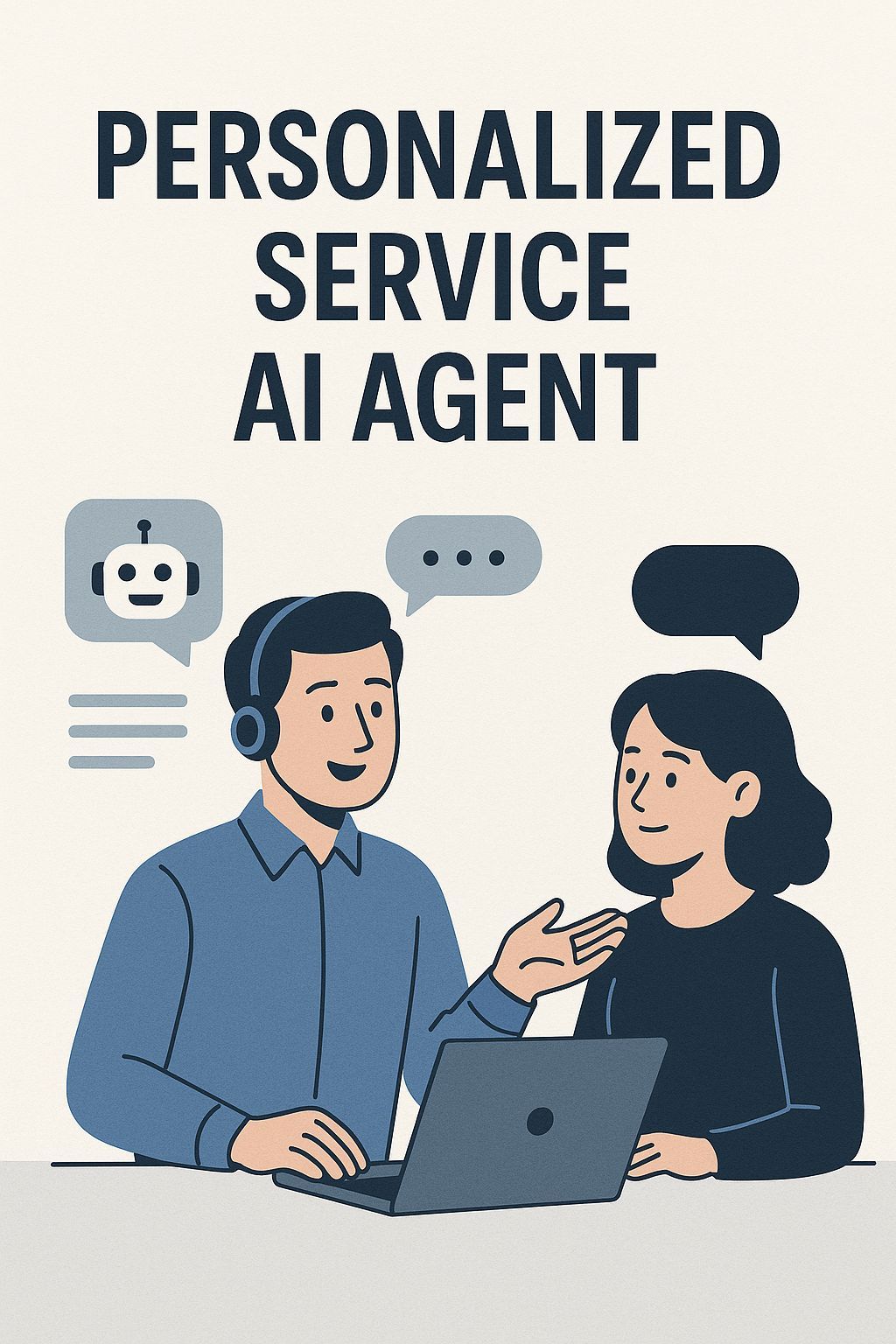

Orange County HVAC Google AI Overview Domination: 7 Proven Strategies to Capture Featured AI Results
